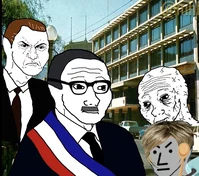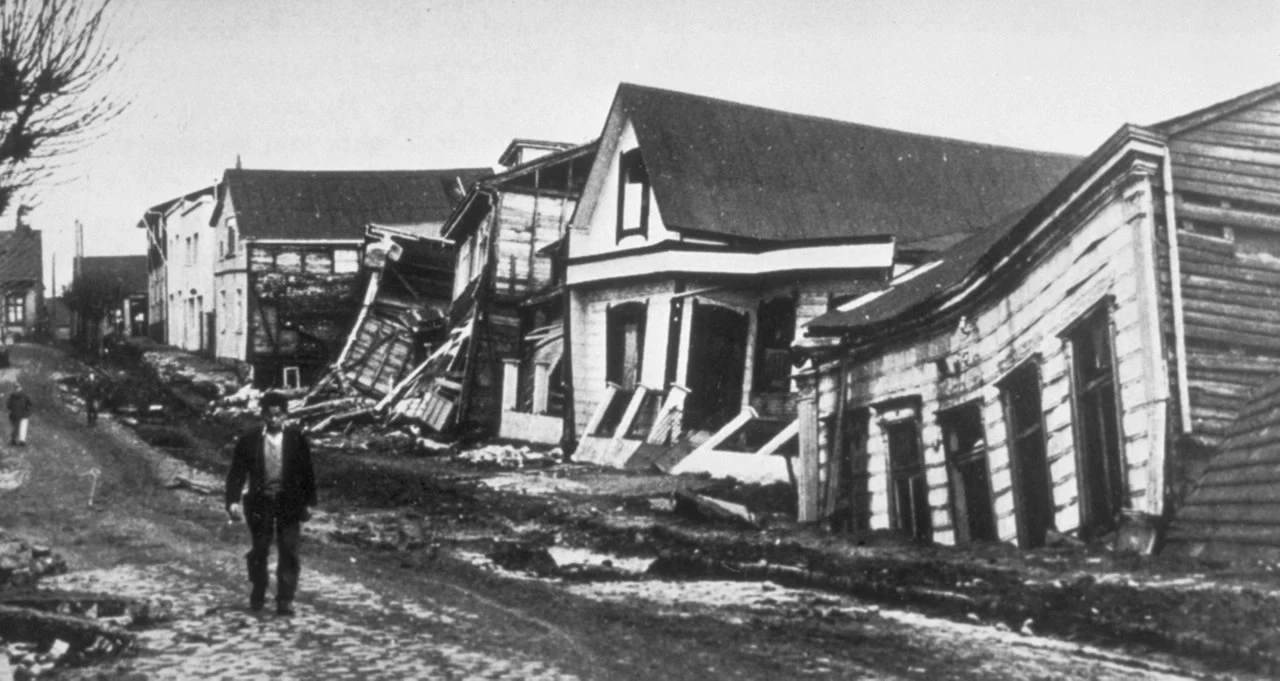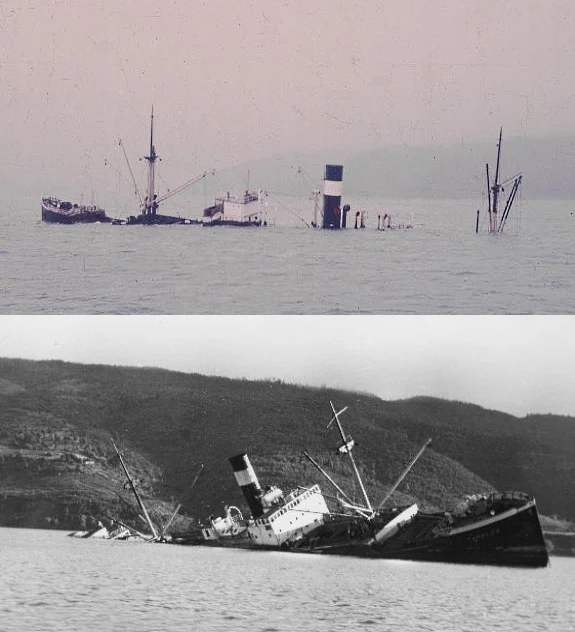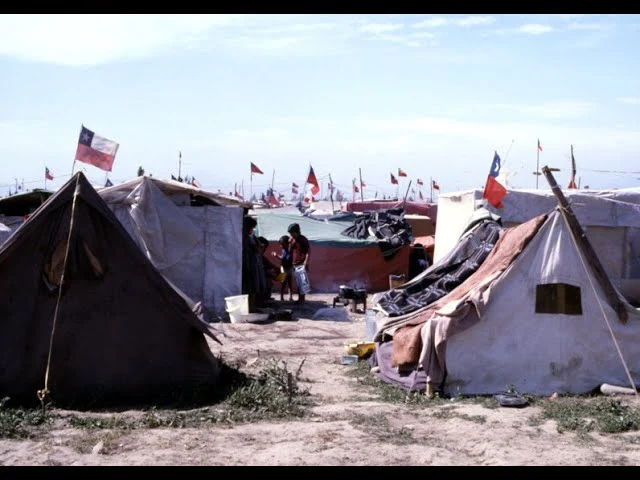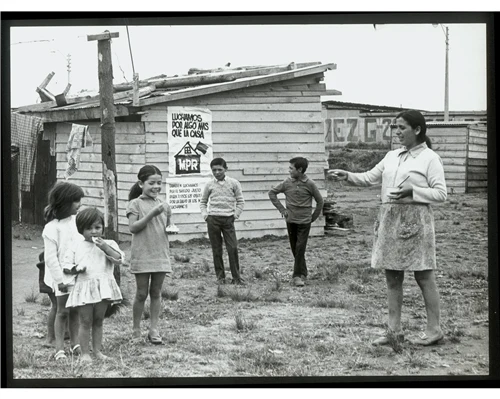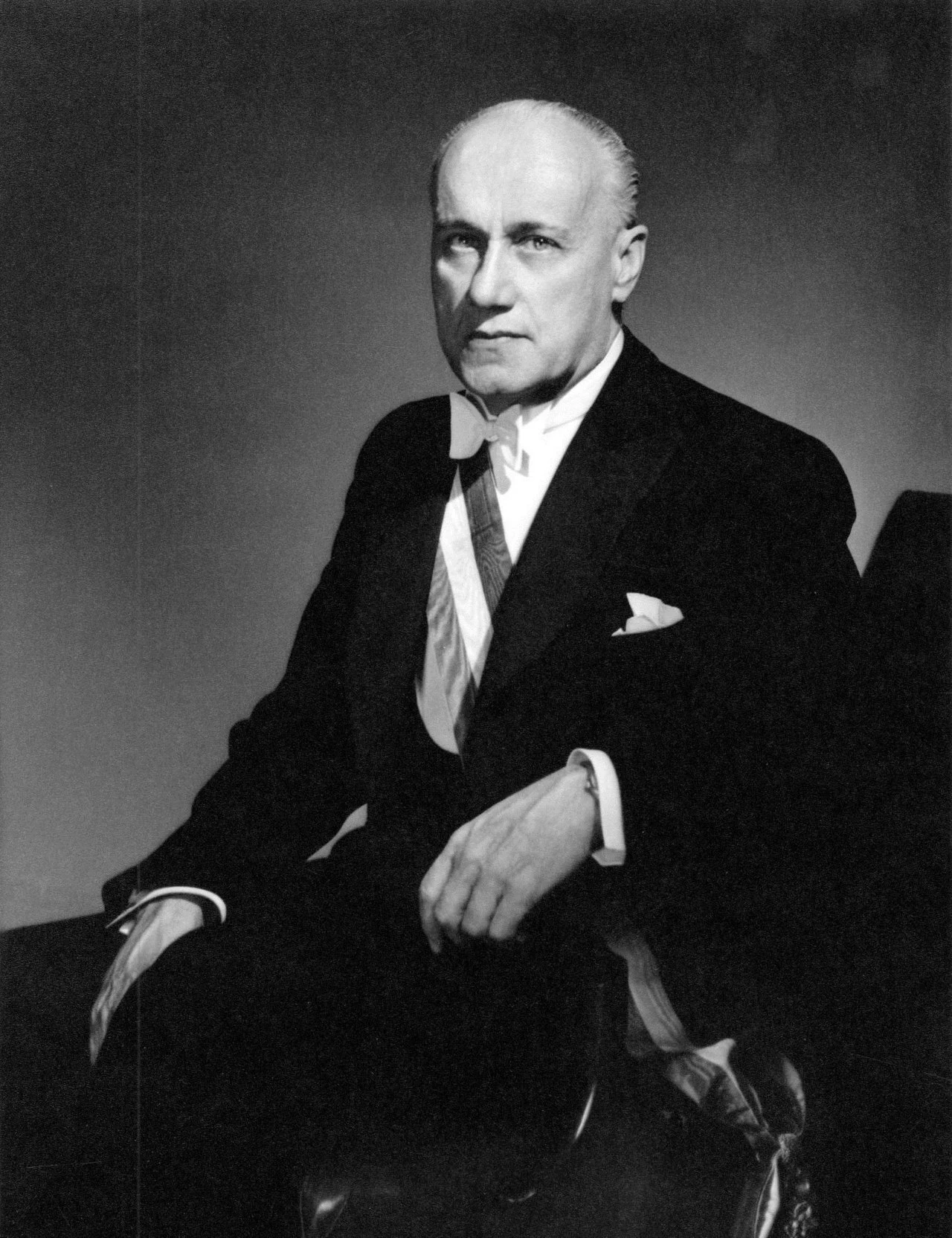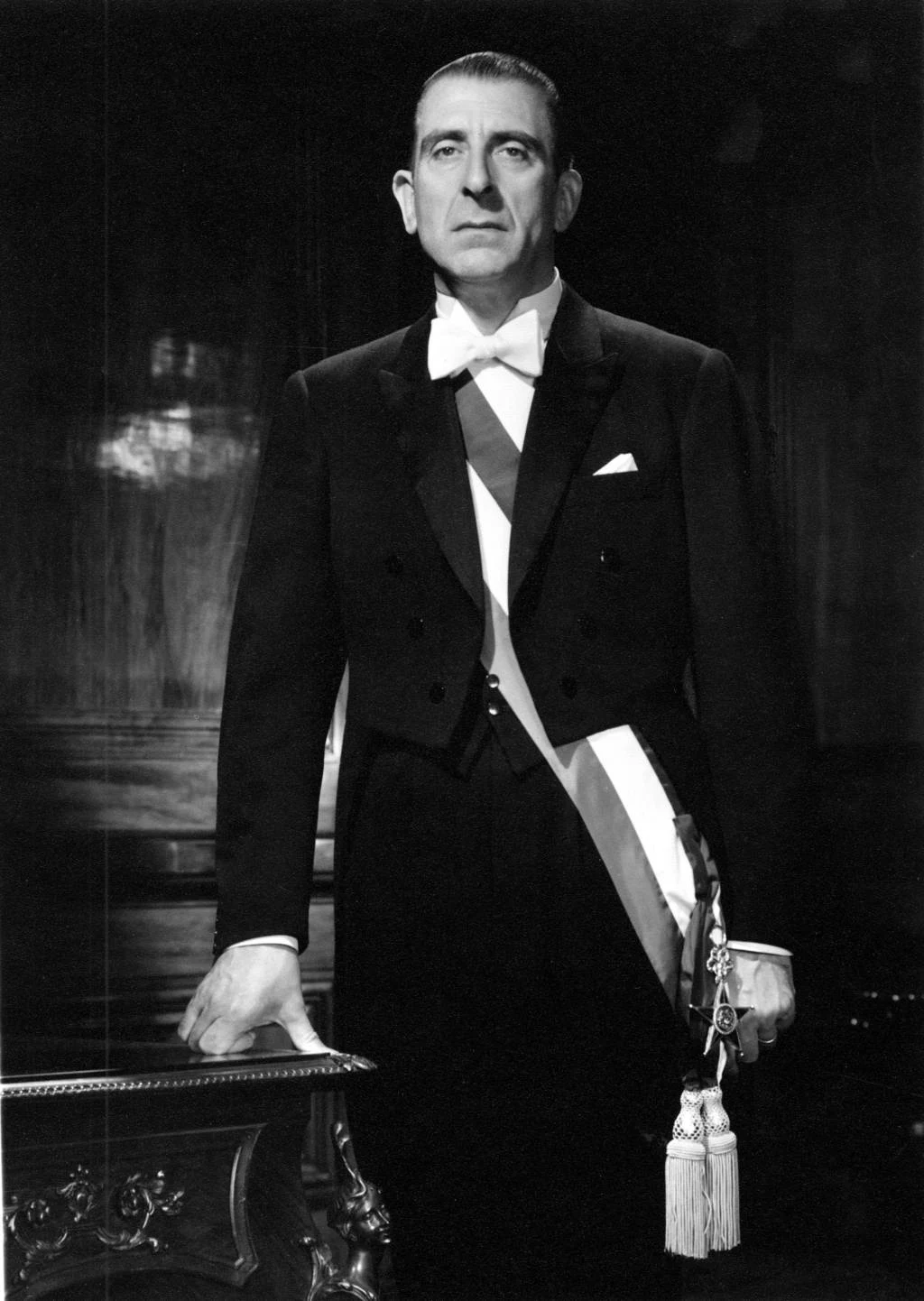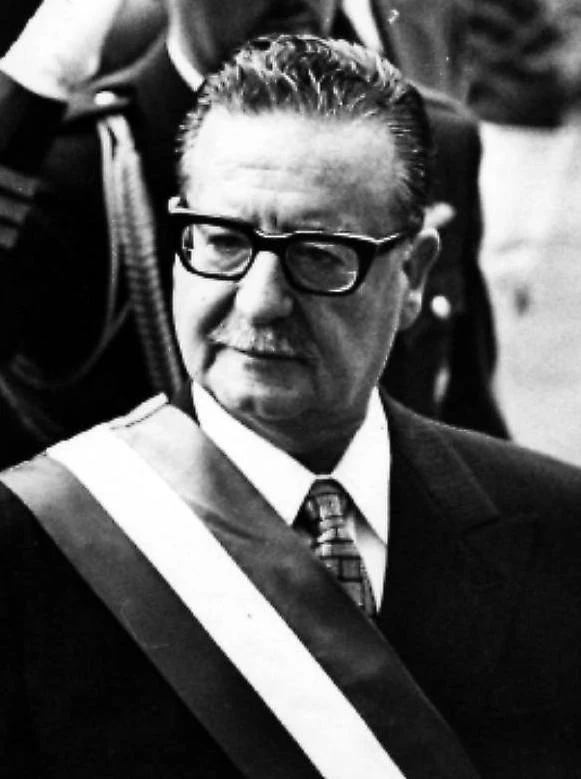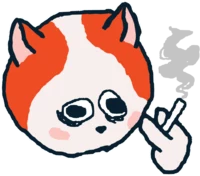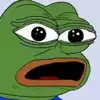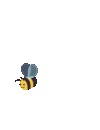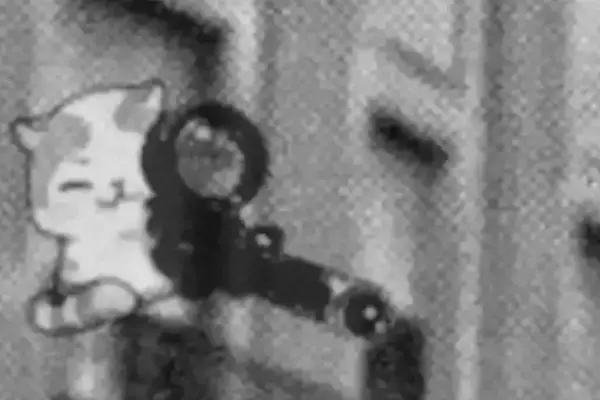- HailVictory1776 : Never forget the USS LIBERTY. THE GOYIM KNOW TRANS LIVES MATTER
- 56
- 52
- 11
- 58
Merry Christmas from the politics long post man! I bought a grass award and now I'm broke, so I'm "regifiting" something I wrote for thanksgiving! Happy holidays!
The White House is full of cheesy, sweet, mostly useless traditions done for fun. The Family Christmas cards 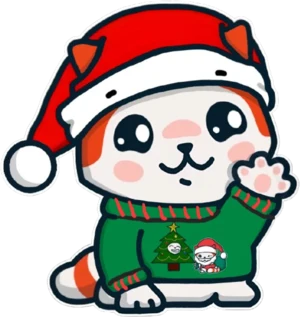 , calling kids on Christmas
, calling kids on Christmas  , and my favourite trick and treating at the White House
, and my favourite trick and treating at the White House 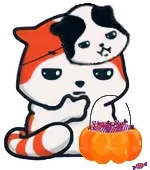 . But there's none as cheesy as the turkey pardon, where the President is given a turkey and grants it a pardon - so that first turkey goes back to a farm to be killed later, and the President eats a second turkey that's killed earlier. A pretty strange tradition when broken down like that (though what tradition isn't when broken down), it's history is disputed. Most attribute the start of the tradition Harry Truman
. But there's none as cheesy as the turkey pardon, where the President is given a turkey and grants it a pardon - so that first turkey goes back to a farm to be killed later, and the President eats a second turkey that's killed earlier. A pretty strange tradition when broken down like that (though what tradition isn't when broken down), it's history is disputed. Most attribute the start of the tradition Harry Truman 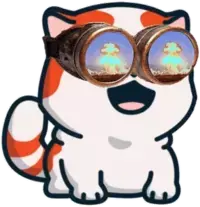 being sent several turkeys, but I assure you that cheap bastard didn't pardon shit. And besides that, Presidents have been gifted turkeys before then - who started pardoning turkeys? And when did it become a tradition?
being sent several turkeys, but I assure you that cheap bastard didn't pardon shit. And besides that, Presidents have been gifted turkeys before then - who started pardoning turkeys? And when did it become a tradition?
The First Turkey Gift 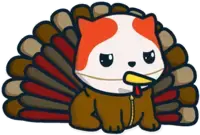
There are rumours that Lincoln 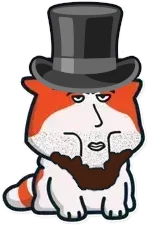 was the first man to pardon a turkey, coming from an 1865 report about the President's actions in 1863. There seems to be some truth in the matter, but it was far from a tradition or spectacle - Lincoln's son Tad had grown attached to the bird, so Abe decided to spare it
was the first man to pardon a turkey, coming from an 1865 report about the President's actions in 1863. There seems to be some truth in the matter, but it was far from a tradition or spectacle - Lincoln's son Tad had grown attached to the bird, so Abe decided to spare it 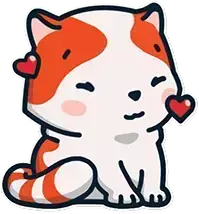 . Additionally, the tradition usually involves pardoning an animal sent to the President - that wasn't a tradition until 1873, when a rather intelligent poultry farmer figured out a trick.
. Additionally, the tradition usually involves pardoning an animal sent to the President - that wasn't a tradition until 1873, when a rather intelligent poultry farmer figured out a trick.
Gifts to the President were nothing new. He's the most powerful man in one of the most powerful nations - if the President says he enjoys something, such as the product or service he had received as a pleasant gift, then you can be sure that will become a fashionable item.
The first noted turkey farmer to figure that out was Horace Vose (pictured above), the "Turkey King of Rhode Island" 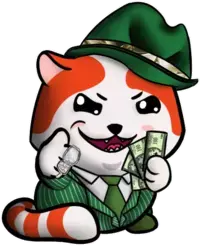 . Every year, the Turkey King would send a dressed turkey to the President. Cracks showed in Vose's final thanksgiving, when Representative South Trimble also sent President Wilson
. Every year, the Turkey King would send a dressed turkey to the President. Cracks showed in Vose's final thanksgiving, when Representative South Trimble also sent President Wilson 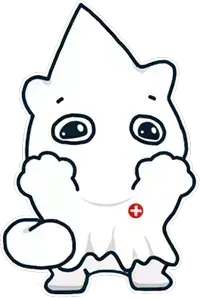 a turkey, certain that it would be better than the Turkey King's turkey (historical record as to which turkey was better doesn't exist, what a fricking oversight). When Vose passed away that December, offering the President turned into all out war - Warren Harding
a turkey, certain that it would be better than the Turkey King's turkey (historical record as to which turkey was better doesn't exist, what a fricking oversight). When Vose passed away that December, offering the President turned into all out war - Warren Harding 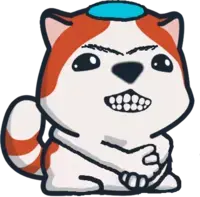 , for example, was sent turkeys every year - even in 1920 when he was both not President and not in America.
, for example, was sent turkeys every year - even in 1920 when he was both not President and not in America.
But a grand tradition was established that year. In addition to the turkeys Harding was swarmed with, he and President Wilson were both sent live turkeys from Texas - it's unknown what Harding did with the turkey, but Wilson ate the poor thing. Coolidge 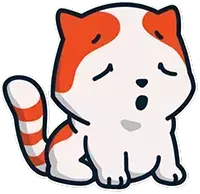 , the fun police, briefly stopped the practise because he opposed having wild animals in the White House. Thankfully, he was pressured into restoring the practise, and was sent just a bunch of wild animals as penance that year. One such animal was a raccoon. Rather then eat her, Grace Coolidge adopted her and named her Rebecca. And as you can see, she was just a sweet heart.
, the fun police, briefly stopped the practise because he opposed having wild animals in the White House. Thankfully, he was pressured into restoring the practise, and was sent just a bunch of wild animals as penance that year. One such animal was a raccoon. Rather then eat her, Grace Coolidge adopted her and named her Rebecca. And as you can see, she was just a sweet heart.
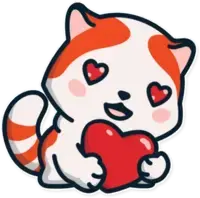
So for Roosevelt 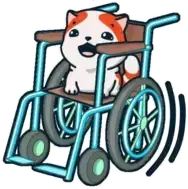 era, the tradition was that during Thanksgiving, the White House would be swarmed by animals in an attempt to get some national advertising or to show support. Things would change in Truman's day.
era, the tradition was that during Thanksgiving, the White House would be swarmed by animals in an attempt to get some national advertising or to show support. Things would change in Truman's day.
The First Presentation
In autumn 1947, Truman and the food administration called for "Poultryless Thursdays", a voluntary measure made to try and save food to give to the Europoors after WW1 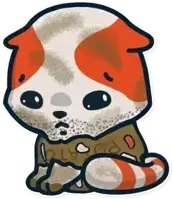 Poultry farmers were fricking pissed
Poultry farmers were fricking pissed 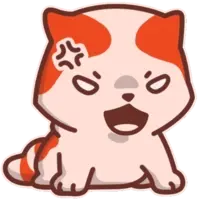 - that year, Thanksgiving, Christmas and New Years all happened to take place on Thursday, so Truman's woke war on turkeys really fricked them over.
- that year, Thanksgiving, Christmas and New Years all happened to take place on Thursday, so Truman's woke war on turkeys really fricked them over.
This led to the first public Turkey Presentation, where the turkey magnates made a big show of giving Truman a turkey which did lead to Truman taking Turkey off the "pls don't eat list".
This was the first time that the President being given a turkey was given attention with a show made out of it, and it was a lobbying effort, god bless America. The establishment of this tradition is likely why President Truman is credited with the other tradition, the pardon, but as the Truman library notes - this turkey was not at all spared. The guy was a massive cheapskate, he 100% ate that turkey
Instead, the first turkey spared was in 1963, when President Kennedy  declined to have the turkey he was presented with on a whim.
declined to have the turkey he was presented with on a whim.
On November the 19th, President Kennedy sarcastically said "We'll just let this one grow" (it was 55 lbs). Why he didn't want to eat this turkey isn't clear - he ate bacon every day and loved oysters, so it's not like he was a vegetarian. And he kind of died 10 days later, so we couldn't exactly ask him why he did this. Some have speculated that it was kind of power play over the more "macho" Lyndon Johnson 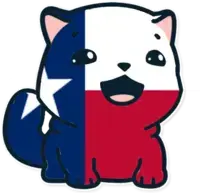 , but he didn't have a problem with the 1961 or 1962 turkeys. More likely, in my opinion, is that Kenney was just feeling silly. He was prone to just doing silly, whimsical things - it was why the press liked him so much.
, but he didn't have a problem with the 1961 or 1962 turkeys. More likely, in my opinion, is that Kenney was just feeling silly. He was prone to just doing silly, whimsical things - it was why the press liked him so much.
So, mystery solved. President Kennedy was the President that established the Turkey Pardon, and he did it for shits and giggles.
The issue with this is that it wasn't repeated for some time. LBJ did not fricking spare a single bird, if the press wasn't present in that photo he'd unhinge his jaw and eat that bird then and there, and Nixon 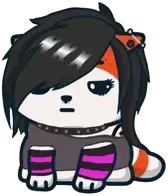 ate a few birds - while he did send some Turkeys to a petting zoo (and the Carters
ate a few birds - while he did send some Turkeys to a petting zoo (and the Carters 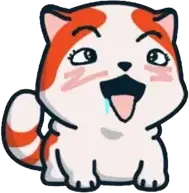 sent every bird to a petting zoo), that wasn't part of the tradition at all. More critically, President Kennedy, Nixon and Carter didn't "pardon" the turkey. He just sent it back home, he didn't use his powers for it. So, when was the first time that a President pardoned a turkey?
sent every bird to a petting zoo), that wasn't part of the tradition at all. More critically, President Kennedy, Nixon and Carter didn't "pardon" the turkey. He just sent it back home, he didn't use his powers for it. So, when was the first time that a President pardoned a turkey?
The First Pardon
1987, Ronald Wilson Reagan's 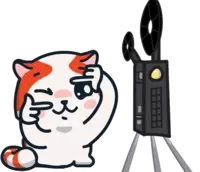 second to final year. His landslide victory in 1980 and 1984 may suggest that he's a massively popular and unifying president. And perhaps in 1984, he was.
second to final year. His landslide victory in 1980 and 1984 may suggest that he's a massively popular and unifying president. And perhaps in 1984, he was.
But in truth, the Iran-Contra scandal is boiling Reagan's administration alive. More and more top officials are being exposed as committing high treason, illegally selling guns to Iran 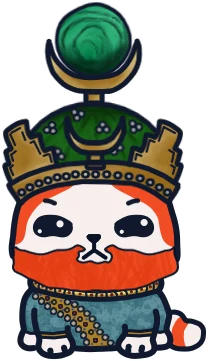 to illegally fund right wing counterrevolutionaries the Contras
to illegally fund right wing counterrevolutionaries the Contras 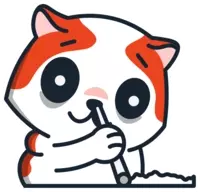 . While being grilled by the press on whether Reagan will pardon Oliver North, a lead architect behind the scheme, the gears in his addled mind turn. It's a difficult question to answer - so he won't answer it. Putting on his movie star grin and giving Charlie the turkey a pet, he smiles, ignores the question, and says he will indeed be pardoning this turkey.
. While being grilled by the press on whether Reagan will pardon Oliver North, a lead architect behind the scheme, the gears in his addled mind turn. It's a difficult question to answer - so he won't answer it. Putting on his movie star grin and giving Charlie the turkey a pet, he smiles, ignores the question, and says he will indeed be pardoning this turkey.
Unlike Kennedy's clemency, Reagan's pardon wasn't spur of the moment. He had only had one turkey, in 1981, and had afterwards sent the birds to petting zoos as well. But this was the first time the idea of a pardon was introduced to a turkey presentation field. That's right, the first example of this silly show was covering up massive corruption at the very top of American power. God bless America!
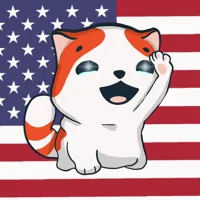
Like Kennedy, this wasn't the start of a tradition for a reason - Reagan didn't do it again in 1988. Instead, the tradition was started in 1989, during the first Bushs' 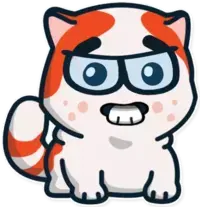 first year.
first year.
"Let me assure you, and this fine tom turkey, that he will not end up on anyone's dinner table, not this guy. He's granted a presidential pardon as of right now."
For some reason, the President that oversaw an end to the Cold War didn't have why he pardoned turkeys a lot noted for history. It's like he had no idea what's important. It could be that he wanted to try and legitimise the first pardon, but after Reagan didn't have a pardon ceremony in 1989, that strikes me as unlikely. Bush wasn't exactly a vegetarian, so I can only arrive at the conclusion he thought he thought it was neat.
Or, rather his team thought it was neat. He didn't give a frick either way, saying of the affair "'Reprieve', 'keep him going', or 'pardon': it's all the same for the turkey, as long as he doesn't end up on the president's holiday table."
Nonetheless, it was a cute tradition established and actually followed up on, as Clinton 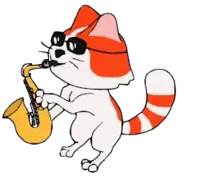 pardoned his turkey - citing the tradition as going back to Lincoln and Truman, which is likely why there's some confusion. Slick Willie, you scamp!
pardoned his turkey - citing the tradition as going back to Lincoln and Truman, which is likely why there's some confusion. Slick Willie, you scamp!
Addendum - what happens to the turkeys after the pardon?
They die.
John Stossel 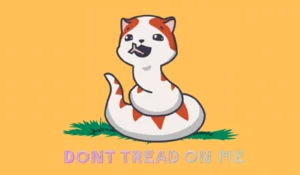 did a report on it. The turkeys are bred to be eaten, not enjoy life. Fed a grain-heavy diet of fortified corn and soybeans to increase their size, what typically happens is that the flesh grows so fast that their bones and organs can't match the overgrown flesh, so they just die.
did a report on it. The turkeys are bred to be eaten, not enjoy life. Fed a grain-heavy diet of fortified corn and soybeans to increase their size, what typically happens is that the flesh grows so fast that their bones and organs can't match the overgrown flesh, so they just die.
This isn't unique to the presidential turkeys - this applies to the vast majority of turkeys chosen to be slaughtered. The only difference between the presidential turkeys and normal turkeys is that the presidential turkeys are trained to handle crowds, before dying slowly from their forced mutations.
Yeah I ended the longpost with vegan propaganda. Deal with it cute twinks 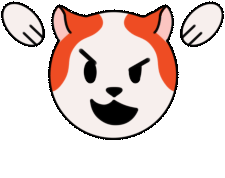
- 11
- 43
- DickButtKiss : Couldnt imagine anything more boring - trans lives matter
- 2
- 14
- 41
- 67
Greetings dramatards 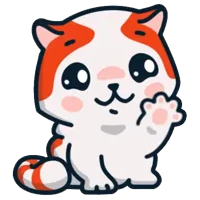
A Country in Turmoil
It's time for the part 2 of our story. Taking from last post, Salvador Allende is the President of Chile and in 1971 the Unidad Popular got big wins on the municipal elections (getting 49% of the popular vote), however because Allende and the commies activated the money printer  inflation skyrocketed in Chile leading to a stronger opposition.
inflation skyrocketed in Chile leading to a stronger opposition.
As mentioned in the other post, General Viaux along members of the right-wing paramilitary group "Patria y Libertad" and CIA glowies assassinated the commander of the army, General René Schneider.
The so-called "Schneider Doctrine" was a non-intervention principle by which the Armed Forces were to remain loyal to the constitutional order. The Chilean Armed Forces are composed by 3 branches, the army 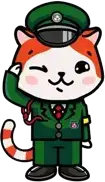 , the navy
, the navy 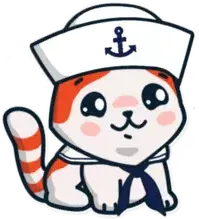 , and the Air Force
, and the Air Force 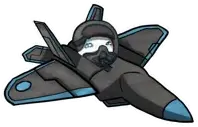 . Then you have the "Carabineros de Chile", the carabineros are the National Police but they're highly militarized and more akin to the French "Gendarmerie"
. Then you have the "Carabineros de Chile", the carabineros are the National Police but they're highly militarized and more akin to the French "Gendarmerie"
After taking office in 1970, Allende appointed General Carlos Prats as the new head of the army.
General Prats was a fierce adept of the Schneider Doctrince.
In terms of the economy the currency reserves of Chile went from 394 million dollars in 1970 to 163 million dollars in 1971. In terms of trade the balance went from a surplus of 95 million dollars to a deficit of 90 million dollars after an abrupt fall in copper prices (Chile's main export abroad).
The raising of wages along the freezing of prices led to shortages of good, and by 1971 a black market had risen.
By 1973 the amount of money circulating rose from 173% in 1972 to 413%. Inflation went from 225% in 1972 and reached 606% in 1973. On the streets violent clashes occurred between sympathizers of Allende and the Unidad Popular and right-wingers/other members of the opposition.
The government blamed shortages on sabotaging by enemies of the people, however even unions engaged and benefited from the black market activities. They would oftentimes charge their remunerations in goods so they could trade them in the black market. Very wholesome and stable government 
By 1972 the government created the "Junta de Abastecimientos y Precios", which were local "people's" committees to deliver basic food goods and combat the shortages.
A pic from the breadlines 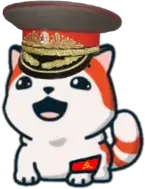
On October 9th 1972 the National Confederacy of Trucker's Owners went on a strike along with other trucker's associations. They had the backing of newspapers like "El Mercurio" (known conservative newspaper) and our glowie friends 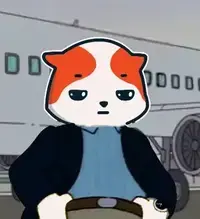
On October 10th the government responded by arresting the truckers leaders, by October 12th the truckers responded by blocking the main roads of the country which led Allende to declare a National Emergency. By October 13th some 300 people had been arrested all over the country. In the following days other organizations joined the strike, among them the Confederation of Commerce and Production, the Confederation of Small Industry, the Association of minibuses drivers, the association of taxi drivers. By October 17th they were joined by the Medical Association of Chile (basically all doctors), the Federation of High School students of Santiago and all the Lawyers, engineers, and dentistry organizations. Then port workers, pilots, teachers, by October 18th the country was completely paralyzed.
The associations formed the "National Command" and published their demands on "El Mercurio", they asked for the end of nationalizations, end of expropriations, restitution of expropriated property, end of radio censorship and limiting the President's powers. The strike peaked on October 24th, a day known as "Día del Silêncio",
During the strike, 2 truckers, one soldier and a worker are killed.
The strike ended on November 5th after Allende appointed members of the Armed Forces to cabinet. Carlos Prats took over as Minister of the Interior, Rear Admiral Ismael Huerta as Minister of Public Works and General Sepúlveda as Minister of Mining. This cabinet lasted up to the midterm elections of march 1973 where the Unidad Popular got 44% of the votes vs 55% of the Confederacy for Democracy (all opposition parties ranging from the PDC to rightoids together).
By 1973 Allende tried to re-aproach the PDC, however Eduardo Frei Montalva and Patricio Aylwin demanded military ministers which would have left the UP out of too many ministries.
By April 17th 1973 a miners strike began at "El Teniente" triggering street violence and lasting for 74 days. By 1973 over 100 people had been killed because of political violence. There was a risk of Civil War by then. Meanwhile the Coup d'Etat was already being planned by the high command of the Chilean Navy.
On June 27th 1973, General Prats was being driven through an intersection in the fancy neighborhood of "Las Condes" in Santiago when his car was approached by a red Renault. The people inside the car begin to insult Prats who was paranoid about what happened to Schneider 3 years earlier. So Prats took his gun and told them to stop, they didn't so Prats opened the window and shot the Renault 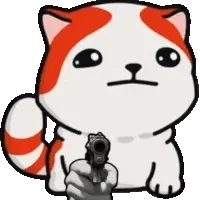 . Both cars stopped and the driver was a woman accompanied by her young nephew, a crowd then surrounded Prats, he apologized and everyone begin to insult him and threaten him. They proceeded to break his car apart and flatten his tires, a taxi driver passed by took Prats away, told him to get in or he would be lynched. On that same day Prats went to Allende's office and presented his resignation. On June 29th however a coup attempt happened when Lt. Colonel Roberto Souper rebelled along his regiment. The attempt known as "Tanquetazo" was quelled by Prats himself. 22 people died.
. Both cars stopped and the driver was a woman accompanied by her young nephew, a crowd then surrounded Prats, he apologized and everyone begin to insult him and threaten him. They proceeded to break his car apart and flatten his tires, a taxi driver passed by took Prats away, told him to get in or he would be lynched. On that same day Prats went to Allende's office and presented his resignation. On June 29th however a coup attempt happened when Lt. Colonel Roberto Souper rebelled along his regiment. The attempt known as "Tanquetazo" was quelled by Prats himself. 22 people died.
By mid 1973 the Soviet Union was supposed to send weapons to Chile as part of an agreement with Allende, however they decided not too as they could see the writing on the wall, Allende wasn't going to make it so the Russians didn't want to risk arming rightoids.
On the Other front there was an institutional crisis going on. The mayors of the Unidad Popular along the central government were carrying out nationalizations and expropriations based on laws passed by a failed socialist regime in Chile which lasted for a few months in 1932.
By 1972 the courts were ruling against the expropriation as unlawful and unconstitutional. Between January and May 1973 the Supreme Court passed a number of resolutions asking the government to comply with the laws and abide by the courts instead of ignoring them, citing a constitutional breakdown.
presenting to the President for "the umpteenth time the illegal attitude of the administrative authority in the illicit interference in judicial matters
The government goons replied with a campaign calling judges "viejos de mierda" (old shits).
Prats took over as Minister of Defense on August 9th. On August 21st in front of Prats house a crowd of angry military wives gathered to protest. On that afternoon Allende along his ministers and Prats second in command, General Augusto Pinochet, arrive in place to show their support. The crowd proceeds to boo them all. By August 23rd Prats resigns. He recommends Allende to appoint Augusto Pinochet Ugarte, a longtime apolitical officer with no affiliations, as new head of the army.
On August 22nd the Chamber of Deputies of Chile passed a resolution of the Institutional and Legal Breakdown of Chile. This resolution accused the government of totalitarian practices, ignoring the courts and attempting against basic liberties. They called upon the Armed Forces to act. The Medical Association also signed a letter demanding Allende's resignation.
In the Navy almost everyone in the upper echelons was part of the coup's conspiracy. A similar phenomenon in the Air Force except for General César Ruíz, the head of the branch. However after Allende appointed him as Minister of Public Works and Transportation, General Gustavo Leigh, a plottist, became the new head of the Air Force. In the Carabineros (Police) General César Mendoza was part of the conspiracy. The wild card was Pinochet.
In September 7th Admiral Merino sent a letter to Leigh and Pinochet asking them to dispose their forces on September 11th at 6:00am in Valparaíso.
Augusto Pinochet
Augusto Pinochet was born on November 25, 1915, in Valparaíso, Chile, to Augusto Pinochet Vera and Avelina Ugarte Martínez. He grew up in a middle-class family in a port city that was then a cultural and commercial hub. Pinochet was the eldest of six children and was raised in a devout Catholic household, which instilled in him a sense of discipline and hierarchy that would shape his later military career.
In 1933, Pinochet enrolled at the Chilean Military School, where he demonstrated a strong sense of ambition but was not particularly distinguished academically. After graduating in 1937 as a second lieutenant, he began a slow ascent through the ranks of the Chilean Army. Over the years, he developed a reputation as a competent and methodical officer, although he remained relatively unknown outside military circles.
During the 1940s and 1950s, Pinochet served in various units across Chile, gaining experience in different terrains and military operations. He married Lucía Hiriart Rodríguez in 1943, and the couple would go on to have five children. His family life was characterized by Lucía's strong influence on his personal and political decisions.
Pinochet's career advanced during the 1960s, a time when Chile was undergoing significant political and social changes. He continued his education by attending the War Academy, where he specialized in military strategy and geopolitics. By the mid-1960s, Pinochet had become a professor at the academy, known for his lectures on counterinsurgency, reflecting the military's growing focus on internal security during the Cold War. His academic contributions included a strong emphasis on maintaining order and combating Marxist ideologies, which were gaining traction in Chile and across Latin America.
In 1968, Pinochet was promoted to brigadier general, a significant milestone in his career. He was posted to various key roles, including commanding units in Chile's north and south. His administrative skills and ability to maintain strict discipline earned him recognition among his peers, though he remained apolitical, rarely voicing opinions on the country's political turmoil.
At this point in 1973, Pinochet's public image remained that of a quiet, professional soldier. Few suspected that within weeks, he would become the leader of a coup that would overthrow Allende's government and mark the beginning of his nearly 17-year rule as the head of a military dictatorship.
THE COUP
Pinochet took 2 days until he replied to Merino that he was in. There's some irony on this famous tyrant becoming a dictator by chance, he wasn't even part of the conspiracy up until a few days before as they didn't know if he could be trusted. On September 9th Allende announced a plebiscite to solve the institutional crisis, but it was pretty much too late.
On September 10th Pinochet sent his family away to the South near the border with Argentina, in case they needed to escape.
In the early hours of September 11, 1973, military units began mobilizing across Chile. Communication networks and transportation hubs were placed under surveillance or neutralized. Key military figures, including Pinochet and Merino, coordinated from secure locations, ensuring that their forces were synchronized. The coup's success depended on swift control of Santiago, the nation's capital, where La Moneda Palace, the seat of government, symbolized Allende's authority.
At approximately 6:00 a.m., the coup began in earnest. Army units in Santiago and other cities occupied key military installations, broadcast stations, and transportation hubs. The Navy took control of Valparaíso, Chile's main port city, ensuring that reinforcements or communications from outside the country could not interfere. This action effectively isolated Chile diplomatically and physically.
One of the earliest moves was the seizure of radio and television stations, which were critical for controlling the narrative. Military forces occupied Radio Agricultura and other major broadcasters, replacing regular programming with martial music and announcements. At 7:00 a.m., a public declaration by the military junta was broadcast, announcing their intent to "restore order" and accusing Allende of undermining democracy. This marked the first public acknowledgment of the coup and was designed to disorient Allende's supporters.
Simultaneously, troops began moving toward critical infrastructure in Santiago, including airports, bridges, and major roadways. By 8:00 a.m., the military had effectively paralyzed the city, cutting off avenues for resistance or escape. These early operations ensured that opposition forces were unable to mobilize effectively, granting the coup leaders uncontested control over Santiago's strategic points.
La Moneda Palace became the focal point of the coup as Salvador Allende and his closest aides barricaded themselves inside. By 7:30 a.m., Allende had arrived at the palace, determined to resist the military's demands for his resignation. Armed with a small contingent of loyal security personnel and a few supporters, Allende rejected offers of safe passage out of the country, declaring that he would defend his presidency to the end.
The military issued an ultimatum to Allende at approximately 8:30 a.m., demanding that he surrender unconditionally. Allende refused, famously addressing the nation via Radio Magallanes around 9:10 a.m., in what would become his final speech. In his broadcast, Allende reaffirmed his commitment to the Chilean people, denouncing the coup as a betrayal of democracy and a tool of foreign imperialism.
By mid-morning, tanks and infantry units surrounded La Moneda, cutting off all access to and from the palace. Snipers were positioned on rooftops, while artillery was prepared to breach the building's defenses. The Air Force contributed by deploying fighter jets, a decisive move that underscored the junta's overwhelming firepower.
At 11:00 a.m., after another ultimatum was ignored, the military began bombarding La Moneda with heavy artillery. Hawker Hunter fighter jets strafed the palace, delivering precision strikes that caused significant damage. The psychological effect of the airstrikes was immense, as the explosions reverberated across the city, signaling the coup's seriousness and ruthlessness.
The Fall of La Moneda
By noon, La Moneda was engulfed in smoke and flames. The small contingent inside, including Allende, was running out of ammunition and options. The military intensified its assault, with ground forces breaching the palace's lower levels. Despite the hopeless situation, Allende refused to surrender. Around 1:30 p.m., with the palace in ruins and his presidency effectively over, Allende reportedly took his own life with an AK-47 rifle gifted to him by Fidel Castro.
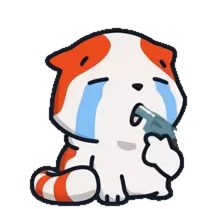
The military secured La Moneda shortly after 2:00 p.m., raising the junta's flag over the smoldering ruins. Troops conducted a sweep of the building, detaining any survivors and seizing documents. The junta immediately announced that Allende was dead, framing his death as a suicide to delegitimize any potential martyrdom or rallying cry for resistance.
While the siege of La Moneda dominated the events in Santiago, the military worked to consolidate power across the country. In major cities like Valparaíso, Concepción, and Antostragasta, military units detained leftist political leaders, trade unionists, and suspected supporters of Allende's Popular Unity coalition. By the afternoon, stadiums, schools, and other large facilities were repurposed as detention centers, where thousands of individuals were interrogated, tortured, or executed.
The military junta issued decrees banning political parties, unions, and public assemblies. A curfew was declared, and military patrols roamed the streets, enforcing martial law. The use of propaganda continued, with radio broadcasts proclaiming the success of the coup and the beginning of a "new era" for Chile. By the end of the afternoon, resistance had been effectively crushed, and the junta was in full control of the country.
The new Junta de Gobierno was composed by Augusto Pinochet, Gustavo Leigh, Tobías Merino, and César Mendoza. With Congress closed now they ruled Chile becoming effectively the executive and legislative power.
So begins the Dictatorship
- 45
- 40
Background: A heavily laden munitions ship on its way to the battlefields of WWI caught fire and exploded, devastating an entire section of the city, killing at least 1,600 people.
Here's a graphic to give you an idea of the scale comared to the 2020 Beirut blast which looked like this.
There were also upwards of 9,000 non-fatal injuries, many of them from shards of window glass that were blown inwards from the force of the blast, including one guy who I met when I was a youngster. He'd been about my age when he was watching the ship burn, and would have lost both eyes had his mother not called out to him the moment before the explosion, causing him to turn away from the window.
The city was utterly devastated in the aftermath, but aid from outside the region rushed in, notably from the people of Boston, which with Halifax already a long history of mutual friendship (despite being natural rivals). To this day we send Boston a Christmas tree every year in thanks, and is why I have such a soft spot for @Landlord_Messiah, even though he probably hates me. (❤ you, buddy....)
A few years ago they named a ferry after the train dispatcher in the video who remained at his station to send the distress call to the passenger train, which is also pretty fitting.
- 19
- 133
On a more serious note, i've been watching a lot of hypocritical history's older videos on the Punic Wars and they're darn good.
- Fresh_Start : It is okay to kill Palestinian children because this happened 80 years ago.
- 6
- 28
- HailVictory1776 : Christ owns again
- 13
- 118
Full text https://origin.web.fordham.edu/halsall/source/christ-muslim-debate.asp
Cute story about Saladin from the same thread
Imagine these two nobles getting to cuddle & go to pound town while everyone else died around them
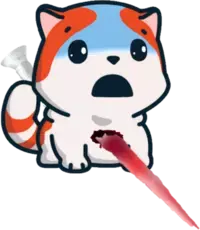
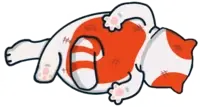
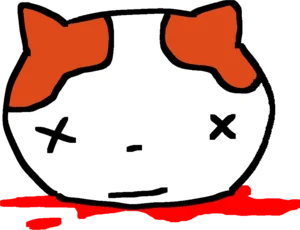
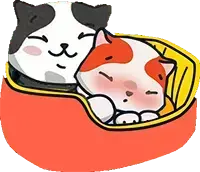
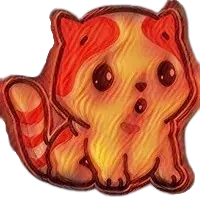
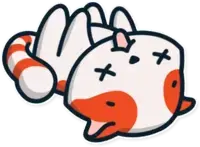

- 89
- 52
Seriously hate his max filler guy, he never literally eats the shit he just cooked.
He takes one bite, sometimes not even swallowing without jumpcutting away and then spends about 5-15 minutes describing ONE FRICKING BITE. His stupid shit literally gets shoved down your throat anytime you search for historic foodshit on youtube despite his videos being butt. He literally scammed a bunch of people into buy a book he make of made up recipes from ancient shit but literally tells you in every video they don't actually know what people meant by what so its a shitty guess and in the most smarmy way possible consistent with his professional background as a broadway actor or some shit.
Beyond all that his presentations sucks and he's completely full of shit just like beer or wine or liquor snobs who can't even tell their drinking white wine with red food coloring.
Just look how he treats his pretend authentic recipes versus steve eating real rations.
WW2-1960s:
Max Miller:
Steve:
1900s-WW1:
Max Shiller:
Steve:
1800s:
Lax Bussy:
Steve:
!historychads reject fake recipe goy slop, embrace botulism city thill seeking
- 10
- 22
- 5
- 27
TLDR: when he was a young lad Abraham Lincoln attended a party where he briefly saw a girl 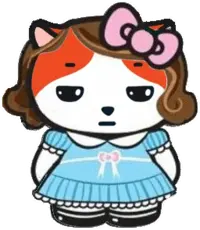 who looked fairly decent at the time. A few years later the girl's sister
who looked fairly decent at the time. A few years later the girl's sister 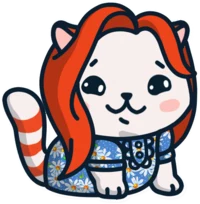 offered to set Lincoln up on a date with the girl, but only if he would agree to marry
offered to set Lincoln up on a date with the girl, but only if he would agree to marry 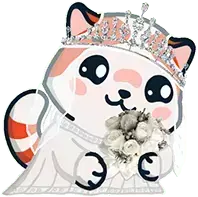 this girl. Despite having a hunch that the girl must be a little weird to want to marry someone she barely knew, he agreed to this because he enjoyed his brief encounter with her in the past. When he met the girl again she was much fatter
this girl. Despite having a hunch that the girl must be a little weird to want to marry someone she barely knew, he agreed to this because he enjoyed his brief encounter with her in the past. When he met the girl again she was much fatter 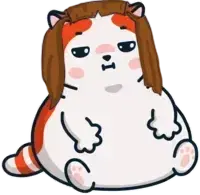 than she had been several years ago. He was repulsed by her
than she had been several years ago. He was repulsed by her 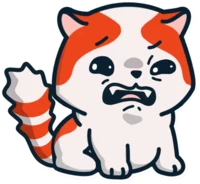 but had such an internal sense of honor
but had such an internal sense of honor 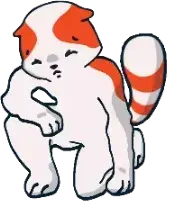 that since he had agreed to marry her, he was determined to follow through. He basically slowly resigns himself
that since he had agreed to marry her, he was determined to follow through. He basically slowly resigns himself 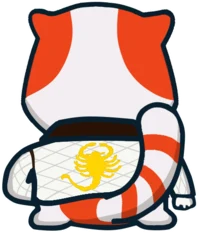 to the thought of marrying her and kind of actually grows to like her. Then when he finally proposes to her for real, she rejects him
to the thought of marrying her and kind of actually grows to like her. Then when he finally proposes to her for real, she rejects him 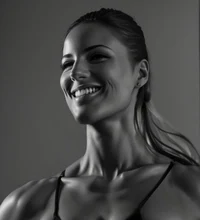 and is repulsed by him
and is repulsed by him 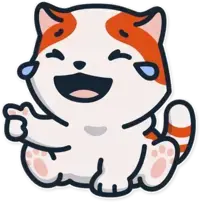 he asks her again several times and she rejects him every time
he asks her again several times and she rejects him every time 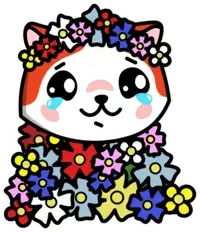 he is so dejected by this whole experience that he tells himself he's never going to marry anyone ever
he is so dejected by this whole experience that he tells himself he's never going to marry anyone ever 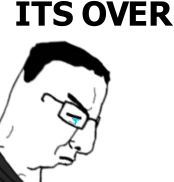
Dear Madam,
Without apologizing for being egotistical, I shall make the history of so much of my life as has elapsed since I saw you the subject of this letter. And, by the way, I now discover that in order to give a full and intelligible account of the things I have done and suffered since I saw you, I shall necessarily have to relate some that happened before.
It was, then, in the autumn of 1836 that a married lady of my acquaintance, and who was a great friend of mine, being about to pay a visit to her father and other relatives residing in Kentucky, proposed to me that on her return, she would bring a sister of hers with her, on condition that I would engage to become her brother-in-law with all convenient dispatch. I, of course, accepted the proposal, for you know I could not have done otherwise had I really been averse to it; but privately, between you and me, I was most confoundedly well pleased with the project. I had seen the said sister some three years before, thought her intelligent and agreeable, and saw no good objection to plodding life through hand in hand with her. Time passed on, the lady took her journey, and in due time returned, sister in company, sure enough. This astonished me a little, for it appeared to me that her coming so readily showed that she was a trifle too willing, but on reflection it occurred to me that she might have been prevailed on by her married sister to come, without anything concerning me ever having been mentioned to her, and so I concluded that if no other objection presented itself, I would consent to waive this. All this occurred to me on hearing of her arrival in the neighborhood—for, be it remembered, I had not yet seen her, except about three years previous, as above mentioned. In a few days we had an interview, and although I had seen her before, she did not look as my imagination had pictured her. I knew she was oversize, but she now appeared a fair match for Falstaff. I knew she was called an "old maid," and I felt no doubt of the truth of at least half of the appellation, but now, when I beheld her, I could not for my life avoid thinking of my mother; and this, not from withered features—for her skin was too full of fat to permit of its contracting into wrinkles—but from her want of teeth, weather-beaten appearance in general, and from a kind of notion that ran in my head that nothing could have commenced at the size of infancy and reached her present bulk in less than thirty-five or forty years. And, in short, I was not at all pleased with her. But what could I do? I had told her sister that I would take her for better or for worse, and I made a point of honor and conscience in all things to stick to my word, especially if others had been induced to act on it, which in this case I had no doubt they had, for I was now fairly convinced that no other man on earth would have her, and hence the conclusion that they were bent on holding me to my bargain. "Well," thought I, "I have said it, and, be the consequences what they may, it shall not be my fault if I fail to do it." At once I determined to consider her my wife, and this done, all my powers of discovery were put to work in search of perfections in her which might be fairly set off against her defects. I tried to imagine her handsome, which, but for her unfortunate corpulency, was actually true. Exclusive of this, no woman that I have ever seen has a finer face. I also tried to convince myself that the mind was much more to be valued than the person, and in this she was not inferior, as I could discover, to any with whom I had been acquainted.
Shortly after this, without attempting to come to any positive understanding with her, I set out for Vandalia, when and where you first saw me. During my stay there I had letters from her which did not change my opinion of either her intellect or intention but, on the contrary, confirmed it in both.
All this while, although I was fixed "firm as the surge-repelling rock" in my resolution, I found I was continually repenting the rashness which had led me to make it. Through life I have been in no bondage, either real or imaginary, from the thralldom of which I so much desired to be free. After my return home I saw nothing to change my opinion of her in any particular. She was the same, and so was I. I now spent my time in planning how I might get along in life after my contemplated change of circumstances should have taken place, and how I might procrastinate the evil day for a time, which I really dreaded as much, perhaps more, than an Irishman does the halter.
After all my sufferings upon this deeply interesting subject, here I am, wholly, unexpectedly, completely out of the "scrape," and I now want to know if you can guess how I got out of it—out, clear, in every sense of the term—no violation of word, honor, or conscience. I don't believe you can guess, and so I might as well tell you at once. As the lawyer says, it was done in the manner following, to wit: after I had delayed the matter as long as I thought I could in honor do (which, by the way, had brought me round into the last fall), I concluded I might as well bring it to a consummation without further delay, and so I mustered my resolution and made the proposal to her direct; but, shocking to relate, she answered, No. At first I supposed she did it through an affectation of modesty, which I thought but ill became her under the peculiar circumstances of her case, but on my renewal of the charge I found she repelled it with greater firmness than before. I tried it again and again, but with the same success, or rather with the same want of success.
I finally was forced to give it up, at which I very unexpectedly found myself mortified almost beyond endurance. I was mortified, it seemed to me, in a hundred different ways. My vanity was deeply wounded by the reflection that I had so long been too stupid to discover her intentions, and at the same time never doubting that I understood them perfectly—and also that she, whom I had taught myself to believe nobody else would have, had actually rejected me with all my fancied greatness. And, to cap the whole, I then for the first time began to suspect that I was really a little in love with her. But let it all go! I'll try and outlive it. Others have been made fools of by the girls, but this can never with truth be said of me. I most emphatically, in this instance, made a fool of myself. I have now come to the conclusion never again to think of marrying, and for this reason—I can never be satisfied with anyone who would be blockhead enough to have me.
When you receive this, write me a long yarn about something to amuse me. Give my respects to Mr. Browning.
- 45
- 82
May 22nd, 1960. At 15:11, near the town of Traiguén, located at what nowadays is the Region of Araucanía, tectonic rupture occurred. The result was a powerful earthquake, it scored a magnitude of 9.5 Mw, the highest ever recorded in human history. The earthquake triggered a tsunami wave, around 30 ft tall traveling at a speed of around 95 miles per hour. The earthquake also moved the Earth's axis by 3cm.
The Valdivia Earthquake (names after the town of Valdivia) ended up destroying most of the towns in Southern Chile. On May 28th the local newspaper "La Cruz del Sur" published a preliminary report on the victims. 962 killed, 1410 missing, 140 injured, this as far as the authorities were aware up to the date. 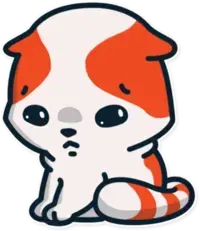
Welcome to the Republic of Chile
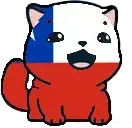
Greetings dramatards, as promised here starts or journey into what would become one of the most famous dictatorships of the Americas, the Chilean Military Junta. But before getting into the story of our infamous General and his Junta de Gobierno, first it's time to cover the basics of how Chile came to the point of democratic rupture. So let's start giving some context. 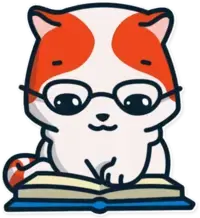
By the early 1960s Chile was a poor country. It wasn't the poorest in Latin America and while it fared better than most of the South American continent, the fact remained that it lagged far behind Argentina and Uruguay, the only countries which by that time counted with a large middle class. Chile was highly unequal and a significant portion of its population was still rural with peasants moving to the outskirts of Santiago forming what was known as "campamentos", basically shanty towns, favelas. 
Chile's upper class what still composed by a few selective families from the colonial period (mostly of Basque origin) and rather new families of 19th century immigrant background (mostly from Britain, Germany, Croatia, etc) which also made up a big part of its small middle-class.
Despite all this, Chile was still a robust democracy. The constitution in effect at the time was the 1925 constitution which leads us to the Chilean government of the early 1960s.
The then President of Chile was Jorge Eduardo Alessandri Rodríguez.
Born in Santiago de Chile in 1896, he was the son of the late politician Arturo Alessandri Palma (1868-1950), who also served as President of the Republic between 1920 to 1925, and then again from 1932 to 1938.
Jorge Alessandri was elected President in the 1958 election. Under the 1925 Constitution the President of Chile was elected by a majority of 50%+ of the popular vote, if all candidates failed to achieve the 50% threshold, then Congress would elect the President, which is exactly what happened in 1958.
Alessandri was an independent, but he was supported by a coalition of right-wing parties 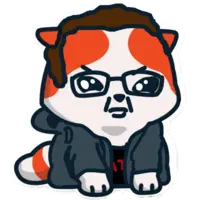
The results of the popular vote of the 1958 were:
Jorge Alessandri Rodríguez - 31.56% 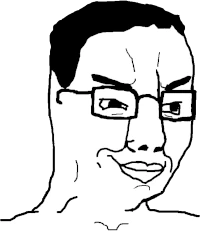
Salvador Allende Gossens - 29.85% 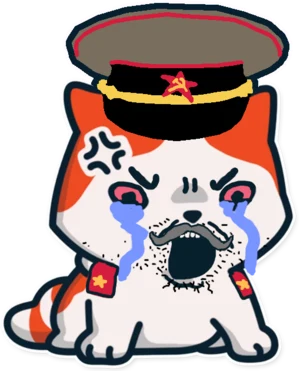
Eduardo Frei Montalva - 20.70% 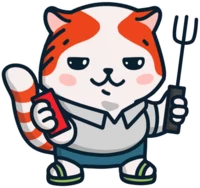
The resulting vote in Congress was Alessandri getting 147 votes and Allende getting 26. Salvador Allende was the candidate for the Socialist Party of Chile and a coalition of left-wing parties, while Eduardo Frei Montalva was a candidate for the PDC, (Partido Democráta Cristiano) or Christian Democratic Party which was a socially conservative but economically centrist political party.
Alessandri's style was what he nicknamed "gerencia" or "management", the point of which was to manage Chile as if it were a private company. By the early 1960s Chile was in dire need of reform, and the Valdivia Earthquake wasn't of help. After the earthquake Alessandri went to the US and got aid thanks to President John F. Kennedy and his "Alliance for Progress" program, which included 422 million dollars to help the damaged of Chile. The Chekhov earthquake also triggered the arrival of another important actor of this story later on… 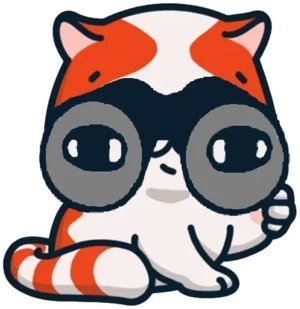
The Alliance for Progress programs also promoted certain policies, among the most important of them, land reform. In 1962 which was also the year where Chile was host of the World Cup, Alessandri signed the first land reform bill which was rather modest on its reach. By the end of his term he felt like Chile needed deeper structural reforms if they were to develop as their agriculture was lagging behind, he also oversaw projects of public housing in urban areas. However Alessandri's disapproval increased while left-wing parties grew stronger.
The 1964 Presidential Election
By 1964 there was a growing fear of Allende being elected. The Conservative Coalition was unpopular and of the top of the recent Cuban Revolution, left-wing guerrilas began to sprang up in Chile, like the MIR (Movimiento Revolucionario de Izquierda). Due to this, the rightoid candidate of that year, Julio Durán, decided to withdraw from the race and support the based centrist Eduardo Frei Montalva.
Eduardo Nicanor Frei Montalva was born in Santiago in 1911. He was the son of a swiss immigrant, Eduardo Frei Schlinz, and a Chilean woman, Victoria Montalva Martínez. After getting support from Durán he unknowingly got another ally, the United States of America and the CIA 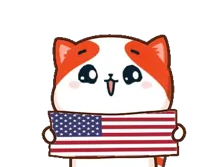

In order to help Frei Montalva's campaign, the CIA secretly funneled 2.6 million dollars to his campaign, along another 3 million dollars on anti-Allende political propaganda. This was done according without his knowledge lmao.
The final results of the 1964 election were:
Eduardo Frei Montalva - 56.09% 
Salvador Allende Gossens - 38.93% 
Julio Durán Neumann - 4.98% 
Frei Motalva was sworn in as President of the Republic on November 3rd of that same year.
Back then the President of Chile lasted 6 years in office and couldn't be consecutively re-elected. This becomes important later on 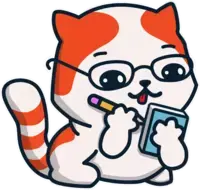
Frei Montalva begin what he called "Revolution in Liberty", placing an emphasis in improving education (over 3,000 schools were built during his presidency), social housing (over 130k units) and unionization. Union membership in Chile rose from 270,000 in 1964 to 550,000 in 1970 (by the latter date Chile had a population of around 9.8 million inhabitants). Another achievement was the reduction of child mortality from 103 per 100k to 79 per 100k.
He nationalized electrical companies and electrical input in Chile increased 50% during his presidency. There was also a huge investment to develop the steel industry (steel production increased from 620,000 metric tons to over a million).
Finally we arrive at other strong points of his administration, land reform and the nationalization of copper. Frei Montalva signed his first land reform bill in 1966 (expropriating and distributing 3.5 million hectares) and proceeded with a process called "chilenización" or chilenization of copper.
Copper to this day Chile's most important and valuable export 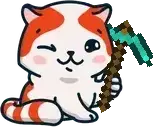 , back in the days the mines belonged to American multinationals. Frei Montalva created the "Corporación Nacional del Cobre" (CODELCO) and implemented a partial nationalization. The idea was to buy Chilean mines or to expropriate and indemnify multinationals to a point where the Chilean state would own 51% of the copper. Chilenization began in 1965 and the partial nationalization in 1969.
, back in the days the mines belonged to American multinationals. Frei Montalva created the "Corporación Nacional del Cobre" (CODELCO) and implemented a partial nationalization. The idea was to buy Chilean mines or to expropriate and indemnify multinationals to a point where the Chilean state would own 51% of the copper. Chilenization began in 1965 and the partial nationalization in 1969.
The year 1969 was the stage of a minor insurrection by the army against the government, due to poor equipment and salaries, showing some clashes the armed forced already had with the government along their dissatisfaction.
The 1970 Presidential Election
In the year 1965 the Movimiento de Izquierda Revolucionaria (MIR) was founded, with the goal of overthrowing the government by means of armed struggle in order to install a communist regime. Salvador Allende however kept insisting on getting power through legitimate means. In 1970 his coalition was the Unidad Popular (Popular Union) or UP. It was composed by the Socialist Party, the Communist party and other minor leftoid parties of Chile 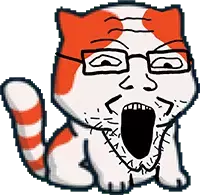
Salvador Guillermo Allende Gossens was born in Santiago in 1908, like most of the Chilean politicians, he belonged to an old money family with roots going back to the colonial era, the Allendes. He studied medicine 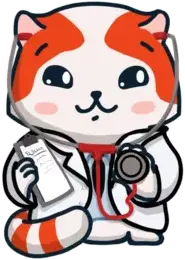 at the University of Chile and was part of the founding of the Socialist Party of Chile in 1933
at the University of Chile and was part of the founding of the Socialist Party of Chile in 1933 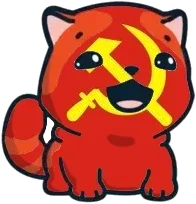
The rightoid candidate that year was good old Jorge Alessandri who by then was 74 years old and was suffering from some health issues. People mocked his ability to govern while Allende and co criticized Frei Montalva for not going far enough with his reforms (a.k.a. going full commie).
Alessandri was accused by leftoids of being senile and having early onset parkinson, meanwhile the PDC candidate was Radimiro Tomic 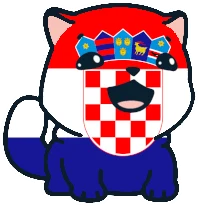 , a centre-leftist who had an informal pact with Allende.
, a centre-leftist who had an informal pact with Allende.
The campaign was a bitter one and the everyone was concerned about what would be the military's position if Allende was elected. On an interview with the rightoid newspaper "El Mercurio", the then commander of the Chilean Army, General René Schneider pointed out that that the army would stand and abide by the Constitution regardless of who the winner was.
The CIA didn't support any particular candidate against Allende that year, except for funneling 350,000 dollars to Alessandri's campaign. A CIA report informed that Cuba spent 350,000 dollars on Allende and after the end of the Cold War declassified documents from the KGB showed that the Soviet Union sent 400,000 dollars to Allende's campaign through the Cubans.
Finally, election day came on September 4th, 1970, and the results were:
Salvador Allende Gossens - 36.63% 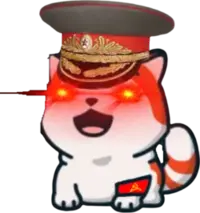
Jorge Alessandri Rodríguez - 35.29% 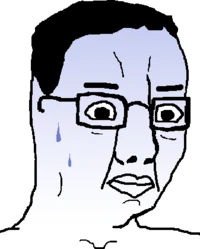
Radomiro Tomic Romero - 28.08% 
Chilean chuds got into panic mode 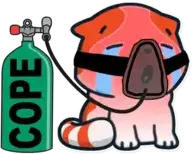 . Technically Congress could elect anyone as President if they failed to break the 50% threshold, but in practice they would elect the candidate who got a plurality of votes.
. Technically Congress could elect anyone as President if they failed to break the 50% threshold, but in practice they would elect the candidate who got a plurality of votes.
Alarm bells also ringed at Washington DC, where President Richard Nixon ordered to stop it from happening. The CIA then devised two plans known as "track 1" and "track 2".
Track 1 consisted in making Congress elect Alessandri, who would then proceed to immediately resign. This would trigger a snap election where the current and rather popular president, Eduardo Frei Montalva, could run again and win. This plan however failed as the PDC supported Allende on the October 24th Congress voting. This was due to an informal gentleman's agreement between Allende and Tomic, whereby one would acknowledge the other's victory if the difference was above 5,000 votes, and would only acknowledge a potential Alessandri victory if the latter won by a difference of 100,000 votes.
After this failed, track two came into scene. Meanwhile the KGB had instructions to help Allende be sworn in. Track Two consisted of creating a climate of political instability as to allow the armed forced to intervene and stop Allende from becoming president. Henry Kissinger 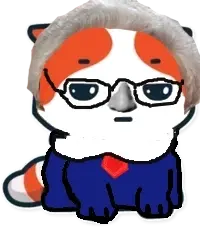 was personally involved in the main operation which consisted of kidnapping General Schneider, the commander of the Chilean army, as a trigger for intervention (a leftoid guerrila would be blamed). General Roberto Viaux was in charge of the operation, however it failed as Scheinder resisted and he was killed. His assassination however paved the way for a different leadership in the army.
was personally involved in the main operation which consisted of kidnapping General Schneider, the commander of the Chilean army, as a trigger for intervention (a leftoid guerrila would be blamed). General Roberto Viaux was in charge of the operation, however it failed as Scheinder resisted and he was killed. His assassination however paved the way for a different leadership in the army.
Salvador Allende was sworn in as President of the Republic on November 3rd, 1970. His government plan was one of complete nationalization of copper, but without compensation, raising wages, freezing prices, and continue mass expropriation of land but with a more aggressive approach.
In order to pass his nationalizations, he based his decrees as being authorized by the short lives 1932 "Socialist Republic" (a bogus commie government which lasted for a few months). Nationalization of copper however was passed by congress with unanimity as it was a process which was bound to happen.
The US responded with a boicot and denial of credits for Chile, however Allende managed to get gibs from the Soviet Union.
According to former KGB General Nikolai Leonov, the USSR provided financial aid in the form of 100 million dollars of credit, 3 fishing boats, new factories, 3,100 tractors and 74,000 tons of wheat.
By 1971 deficit skyrocketed from 3.5% to 9.8% and by 1972 inflation kicked in as the government began activated the money printing machine a year earlier. Then came scarcity of goods and the rise of the black market along rationing.
The increase of money circulation was of 173% in 1972 and 413% by 1973, and with it also an economic recession. Allende blamed it on hoarders. Meanwhile guerrilla groups like MIR which by then felt empowered by government and had amassed almost 100k members were pushing land reform by themselves, with the government doing little to nothing to stop them. MIR took over factories and land properties while the government refused to send the carabineros (police force). Polarization and political violence characterized his 3 years as President. Allende tried to get the USSR to invest 400 million dollars on Chile through factories and infrastructure. However by late 1972 the Soviets denied Chile any further aid requests 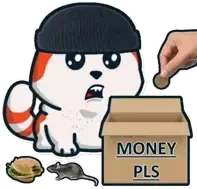
In the mist of chaos, by the year 1973 a plot was being developed within the high command of the Chilean Navy, along other conspirators of the armed forces and some help of Burger glowies 
!historychads !anticommunists !neolibs !latinx
Who would you have voted for in the following elections
1958 Election
1964 Election
1970 election
- 9
- 71
- 1
- 8


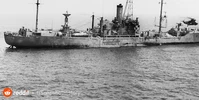
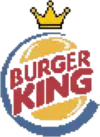

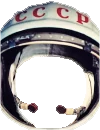
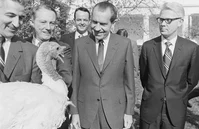
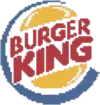
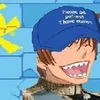
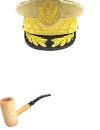

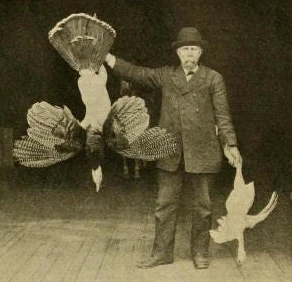
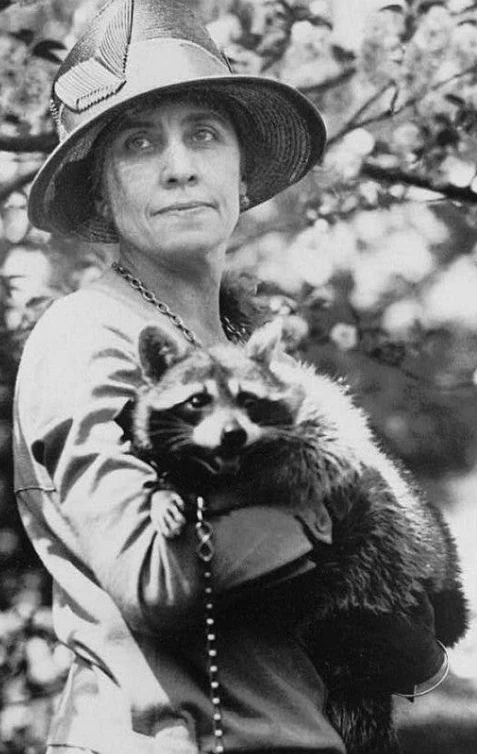
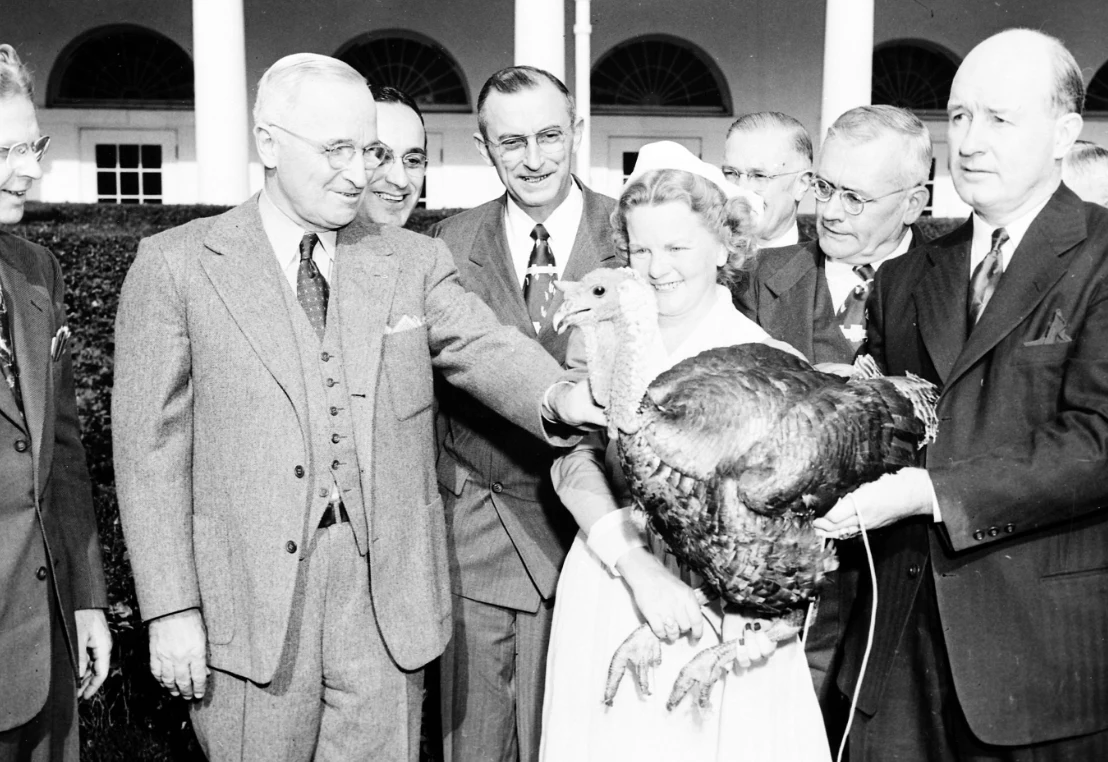
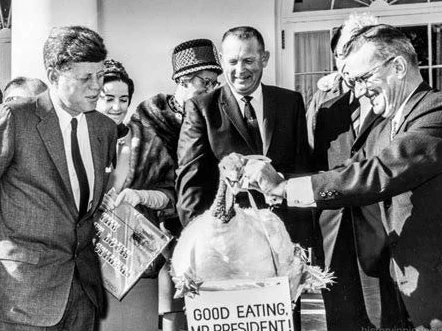
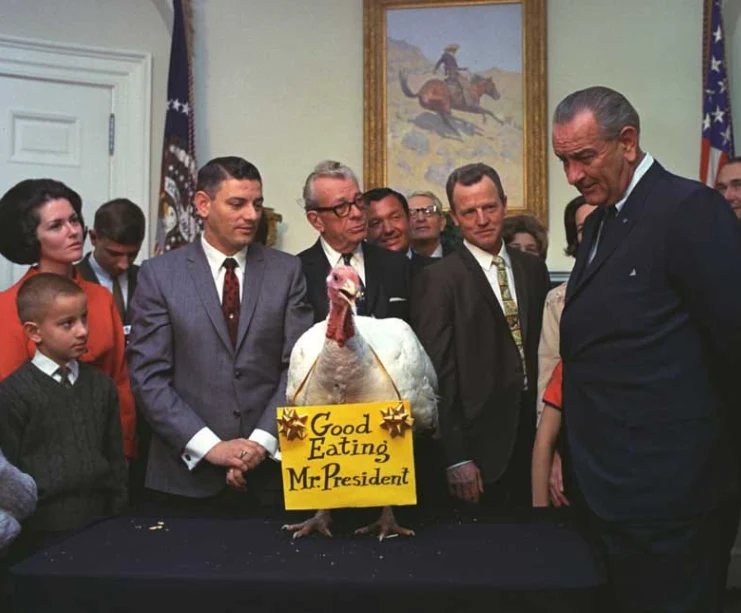
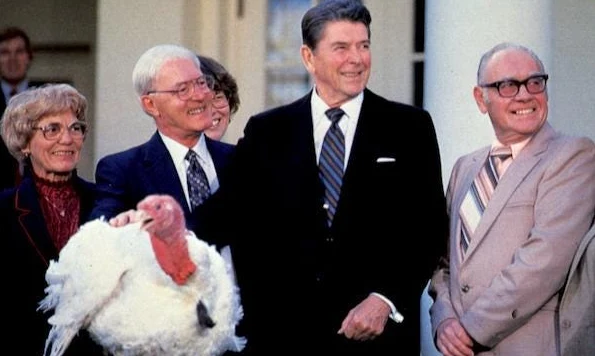
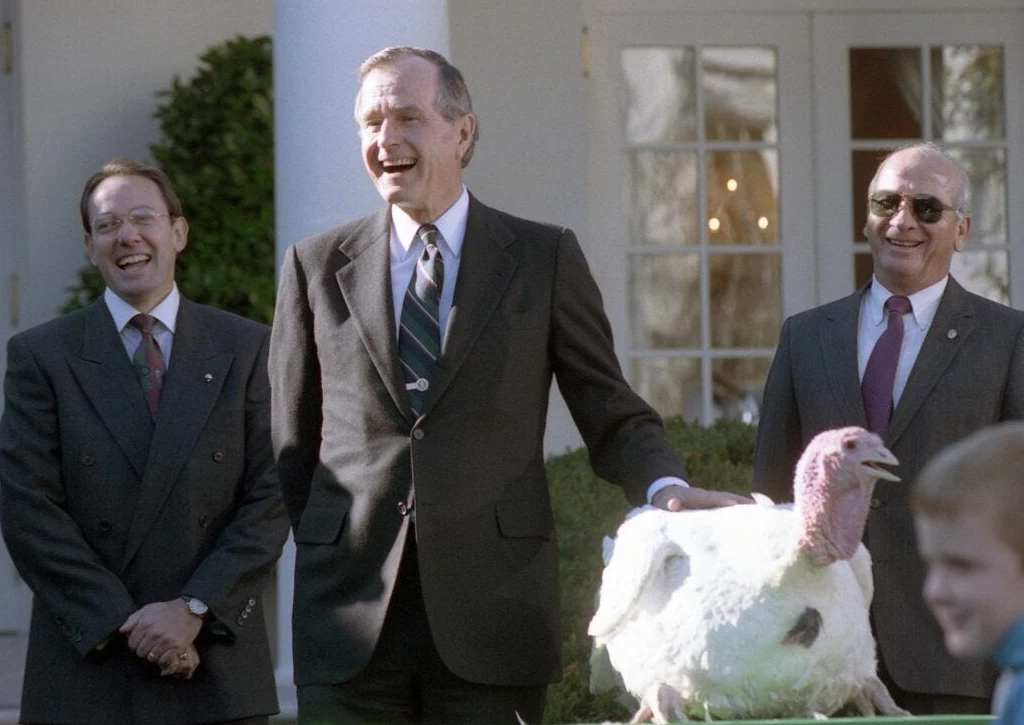
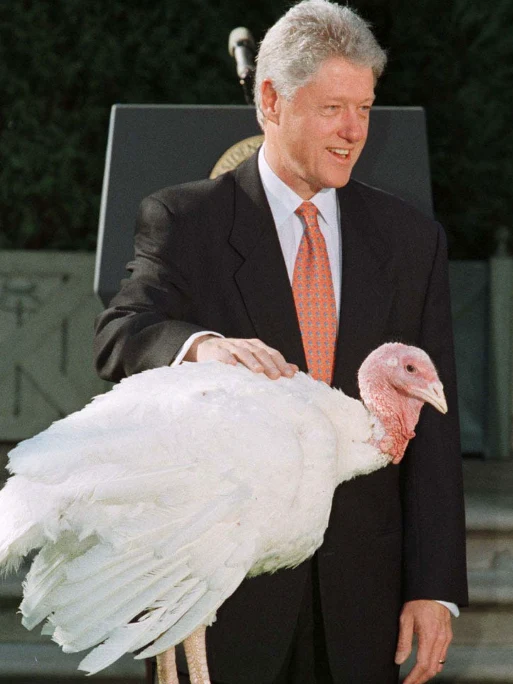
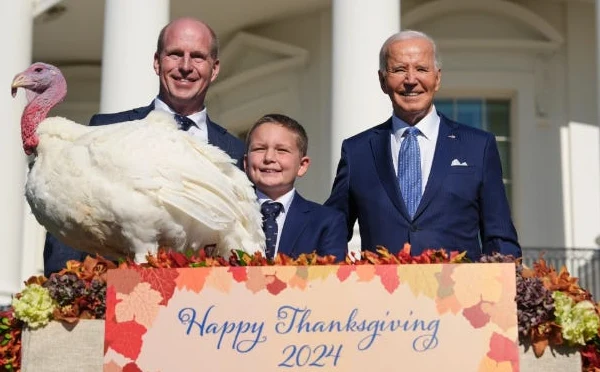


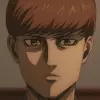
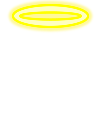
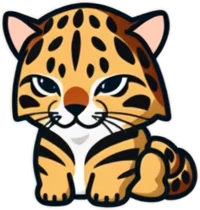 Hypermuscular Hindu Hridaysamrat
Hypermuscular Hindu Hridaysamrat 
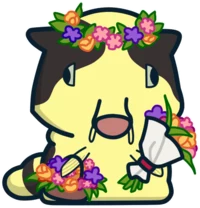
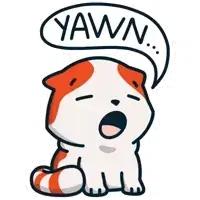
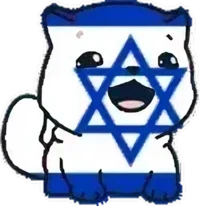

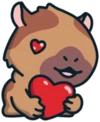
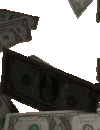
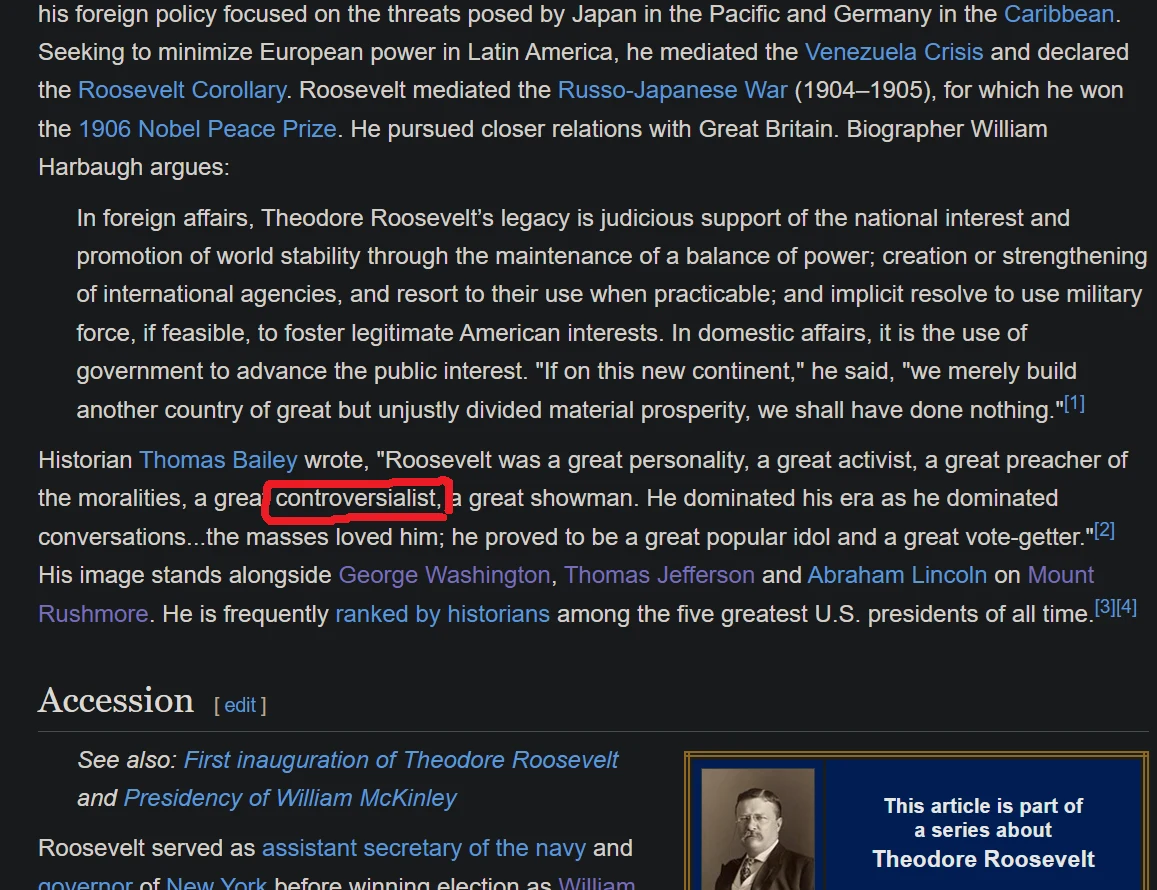
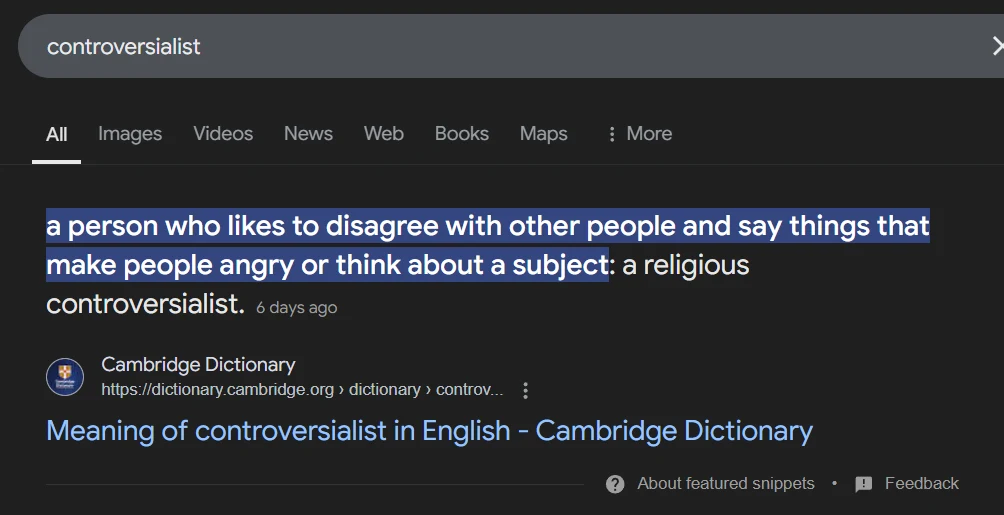

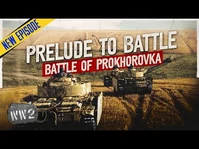
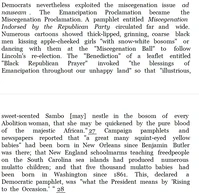
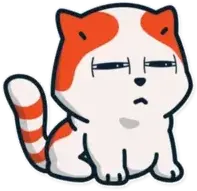
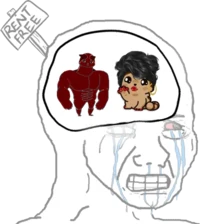

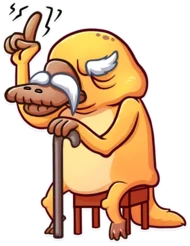
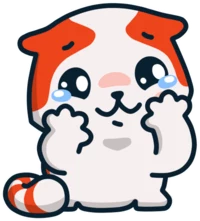
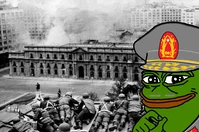

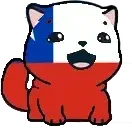
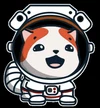
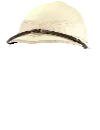
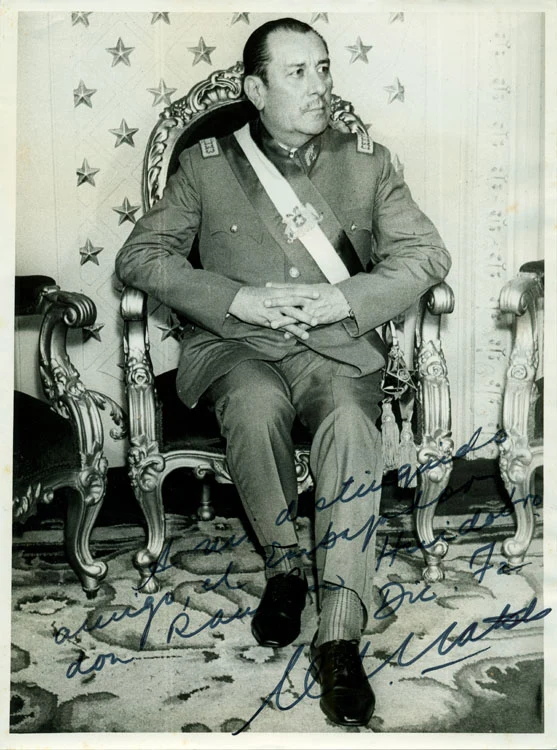
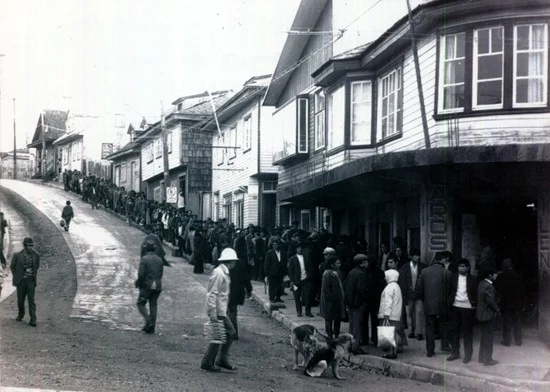
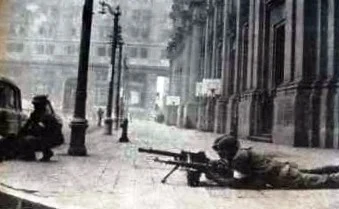
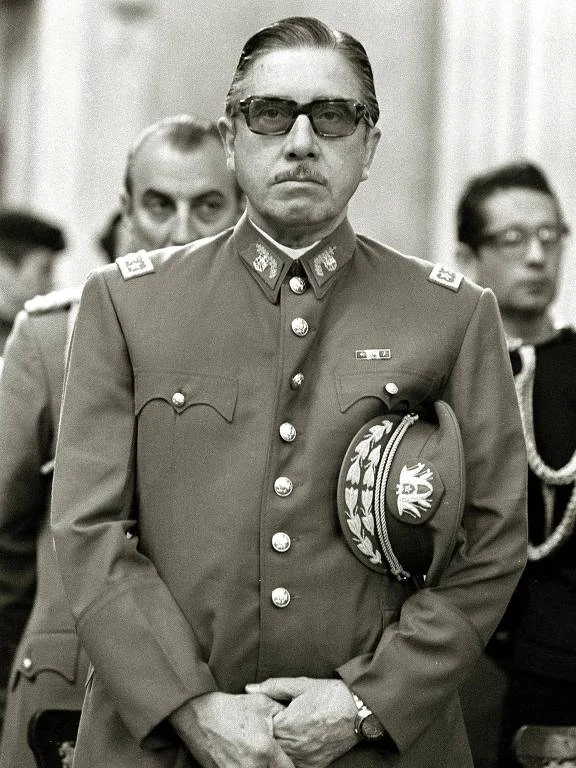
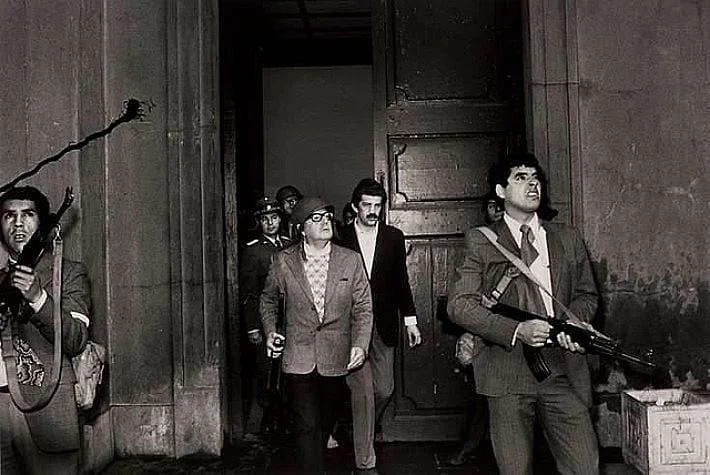
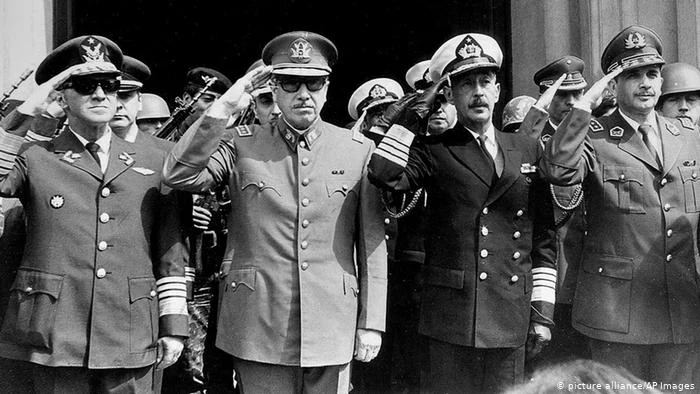
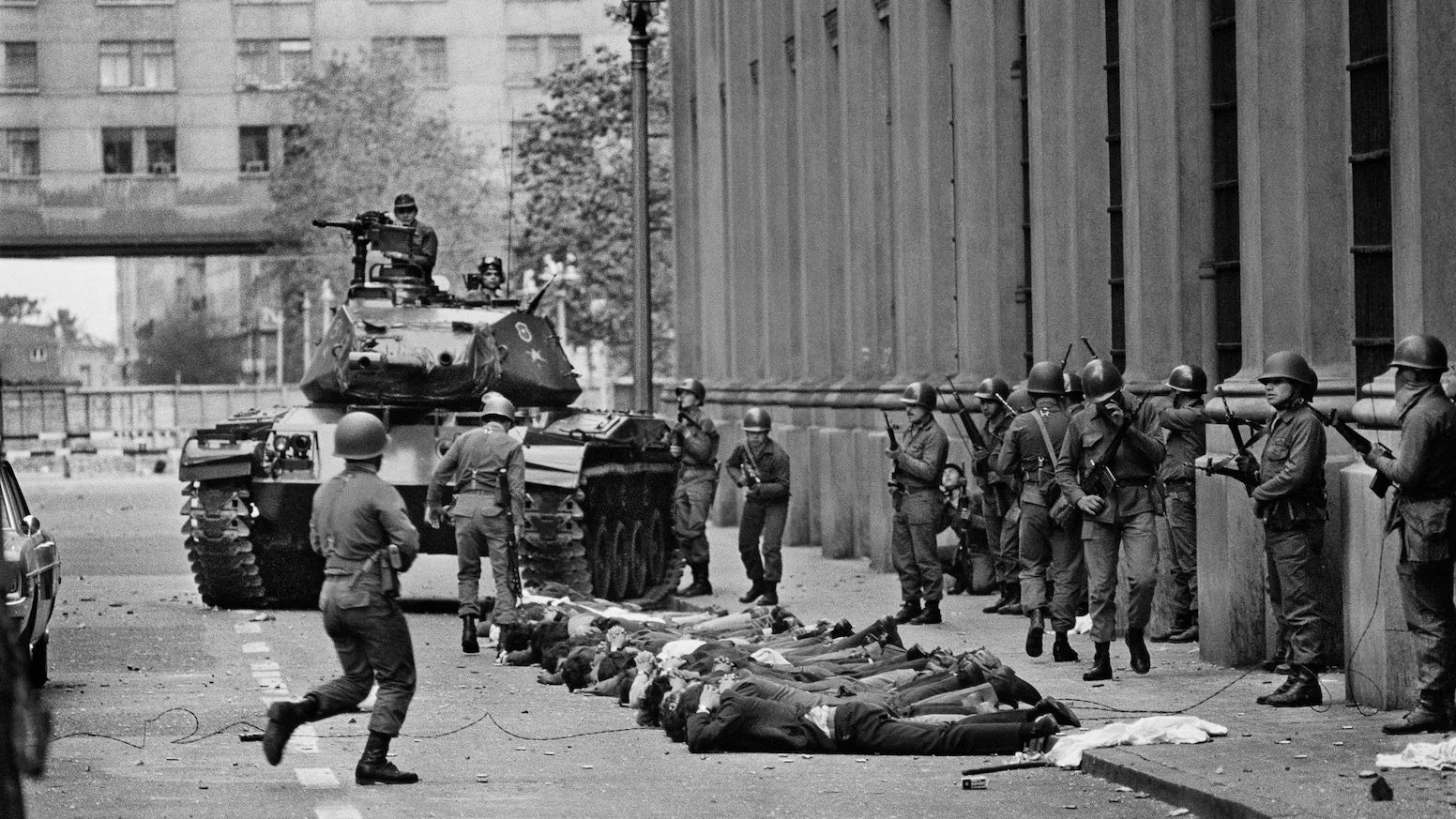
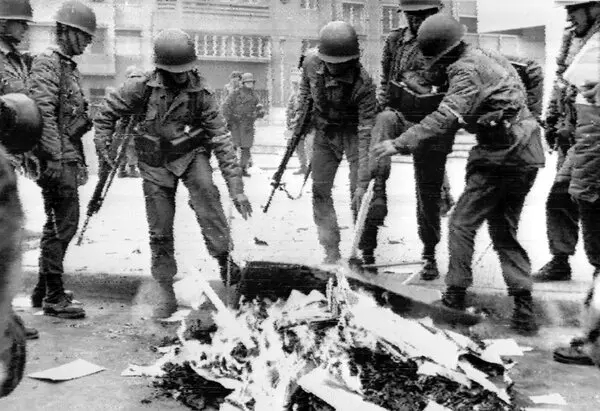
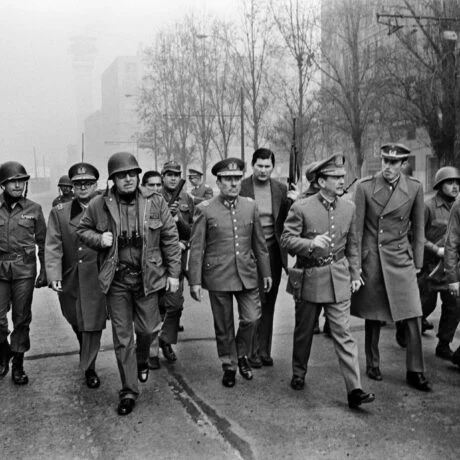
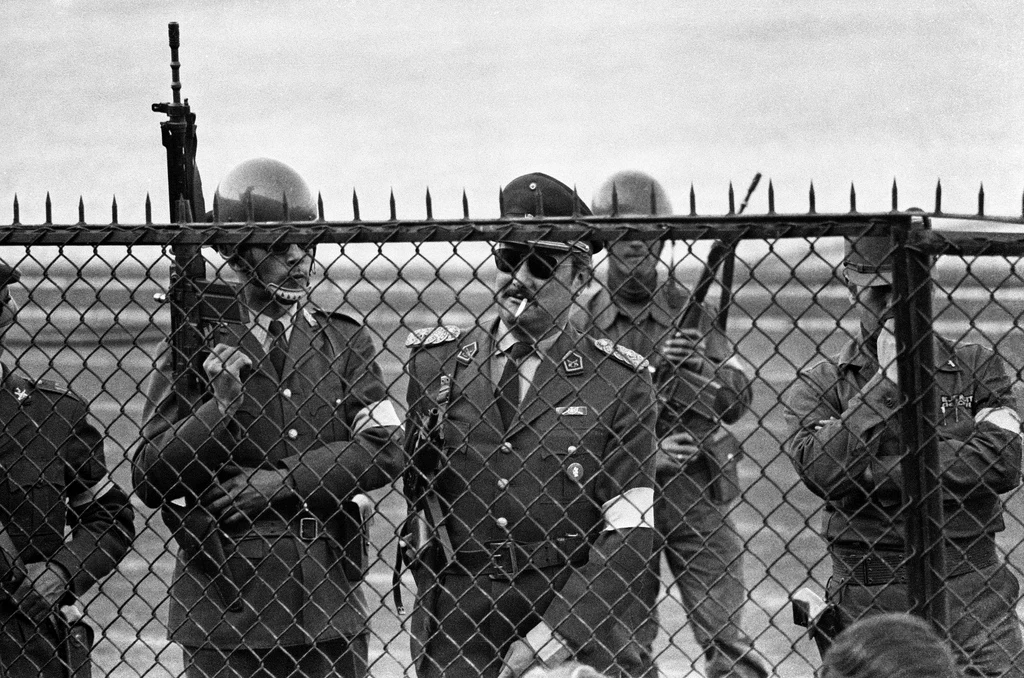

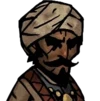
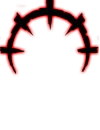
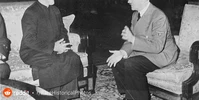

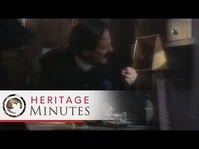
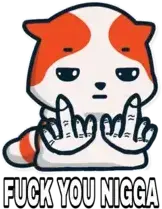
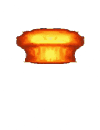
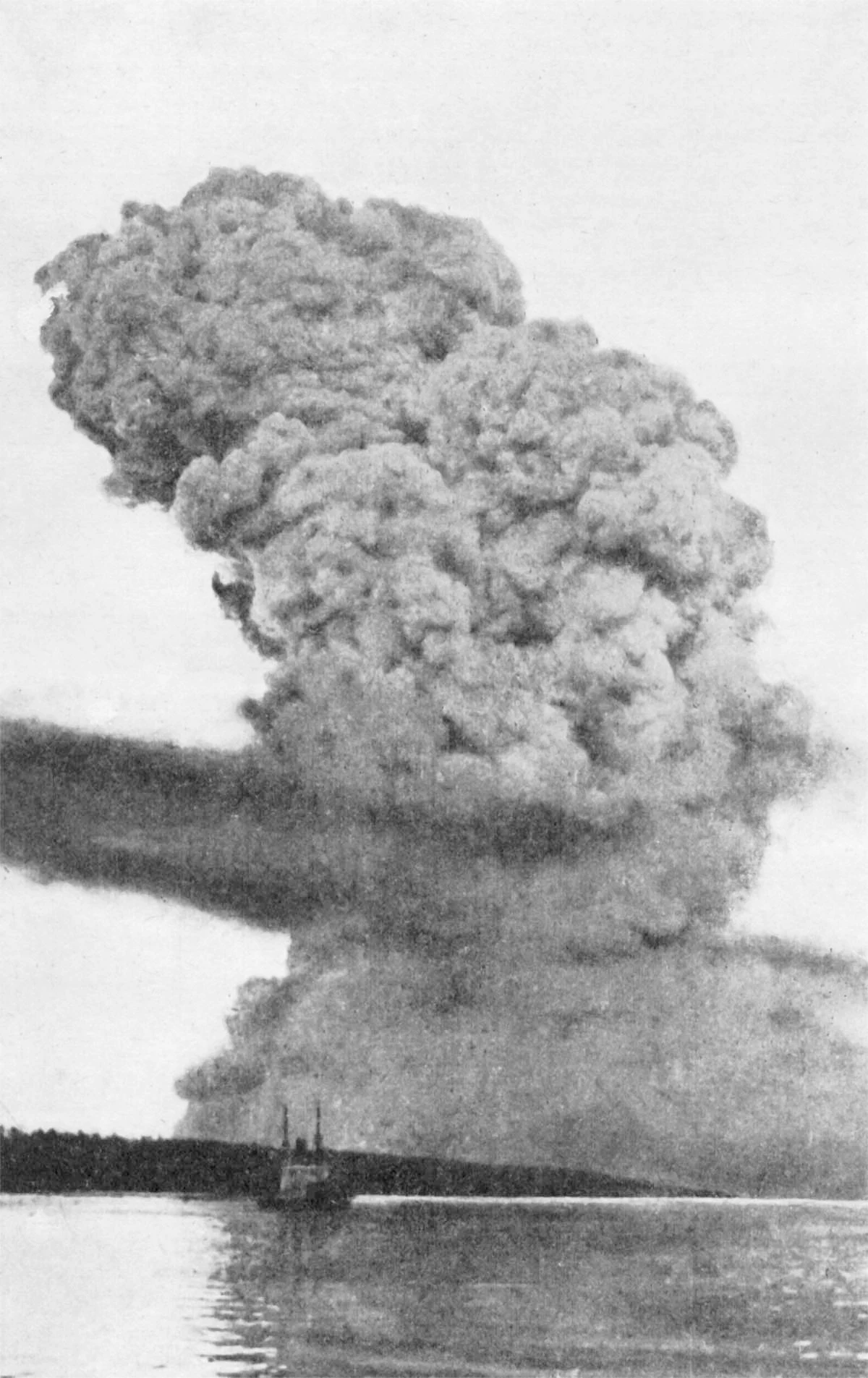
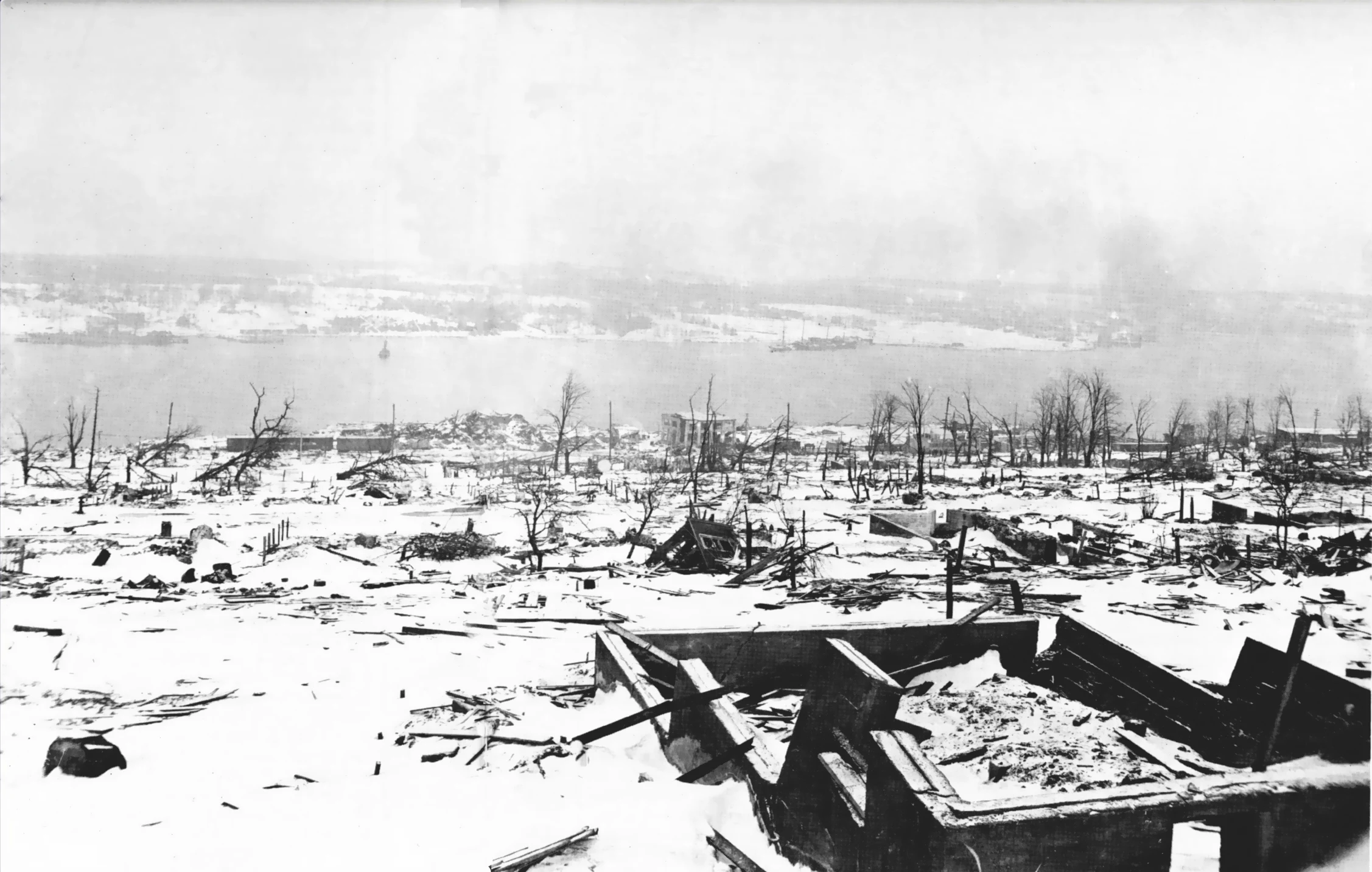
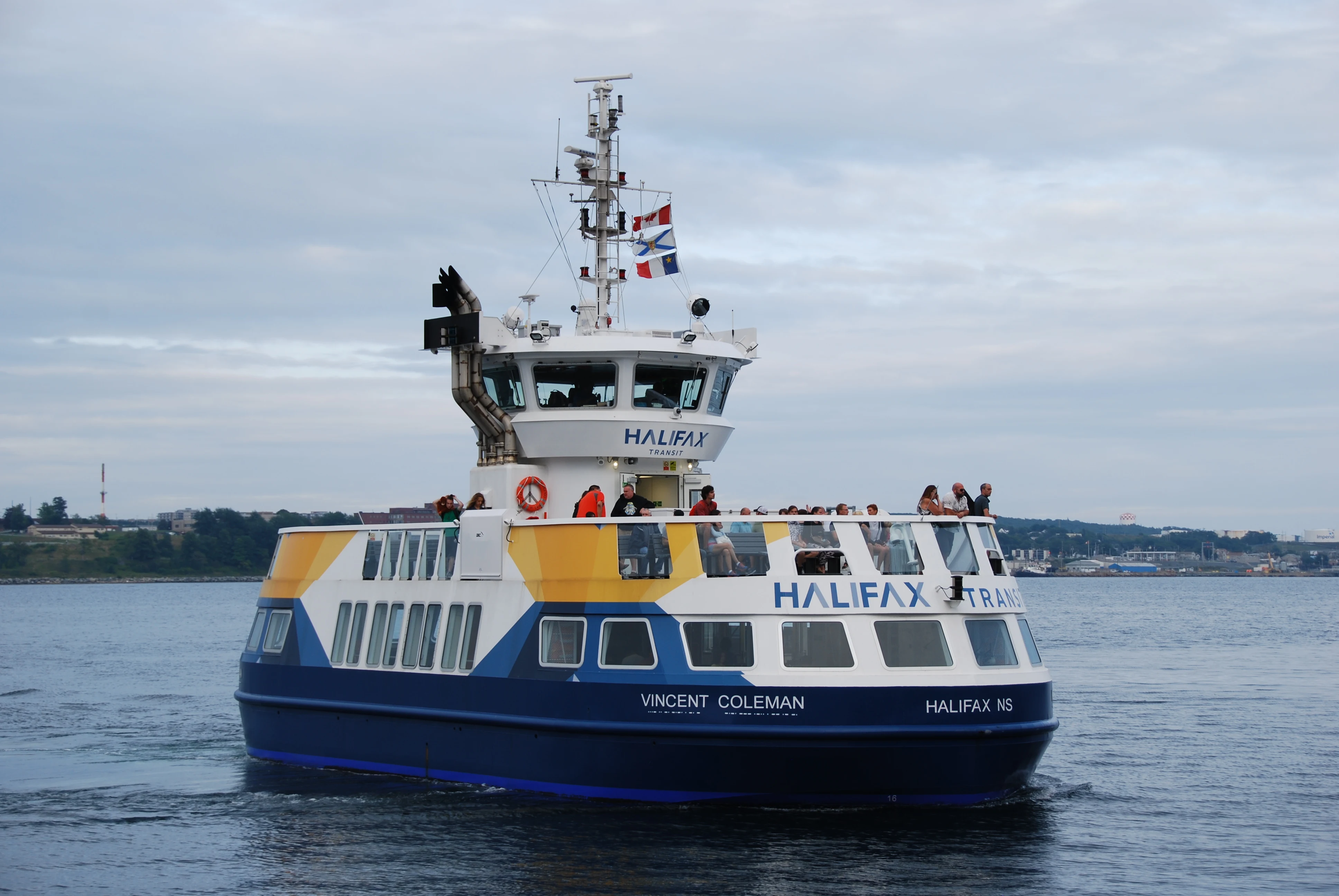
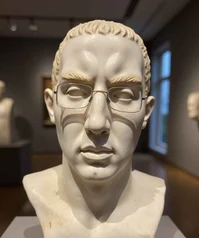

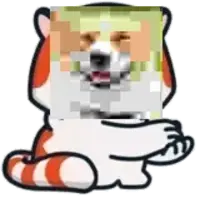
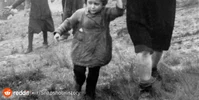
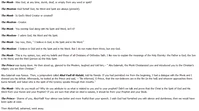




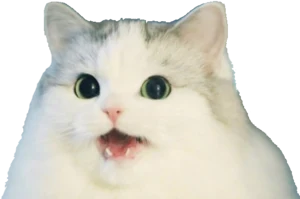
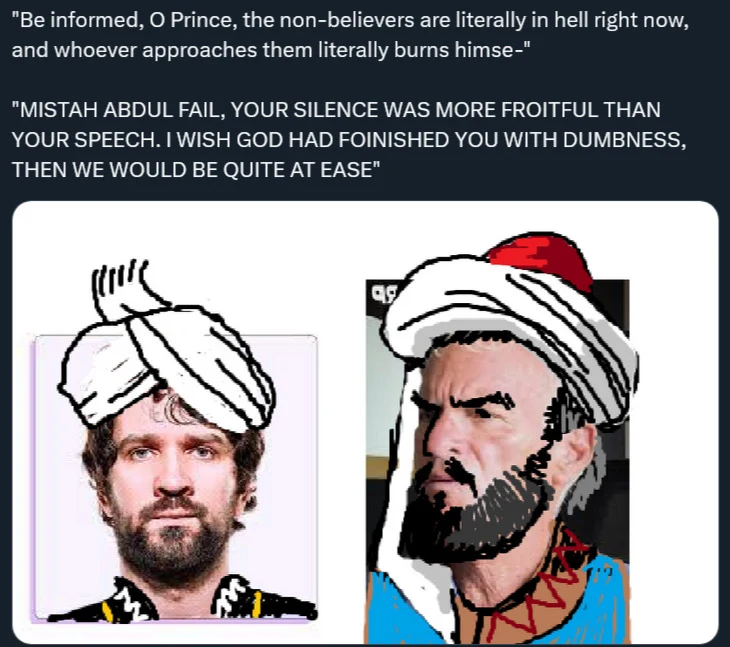
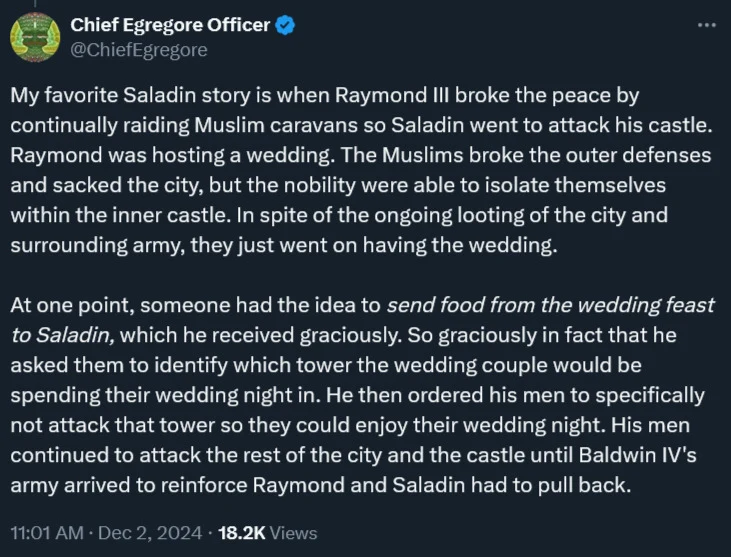
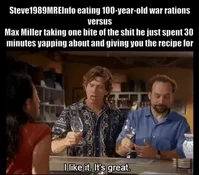
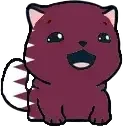
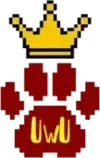
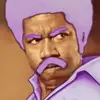
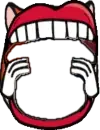



 _________________________________________________________________________
_________________________________________________________________________



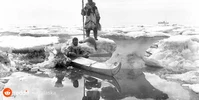
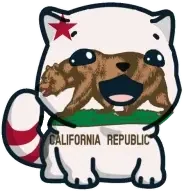
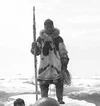



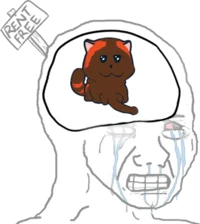
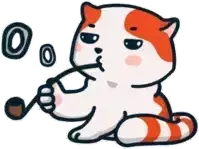
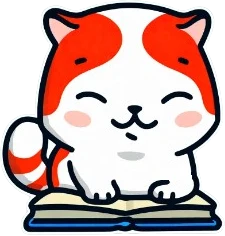
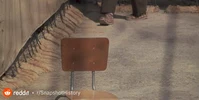
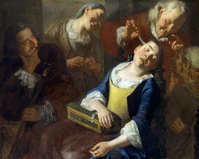
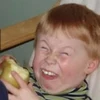


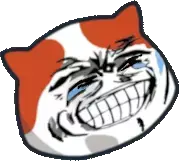

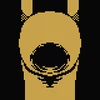
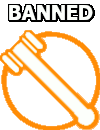
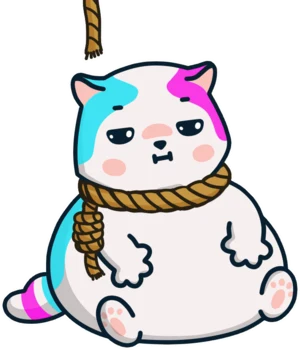 to post in every hole part 22: fard
to post in every hole part 22: fard
